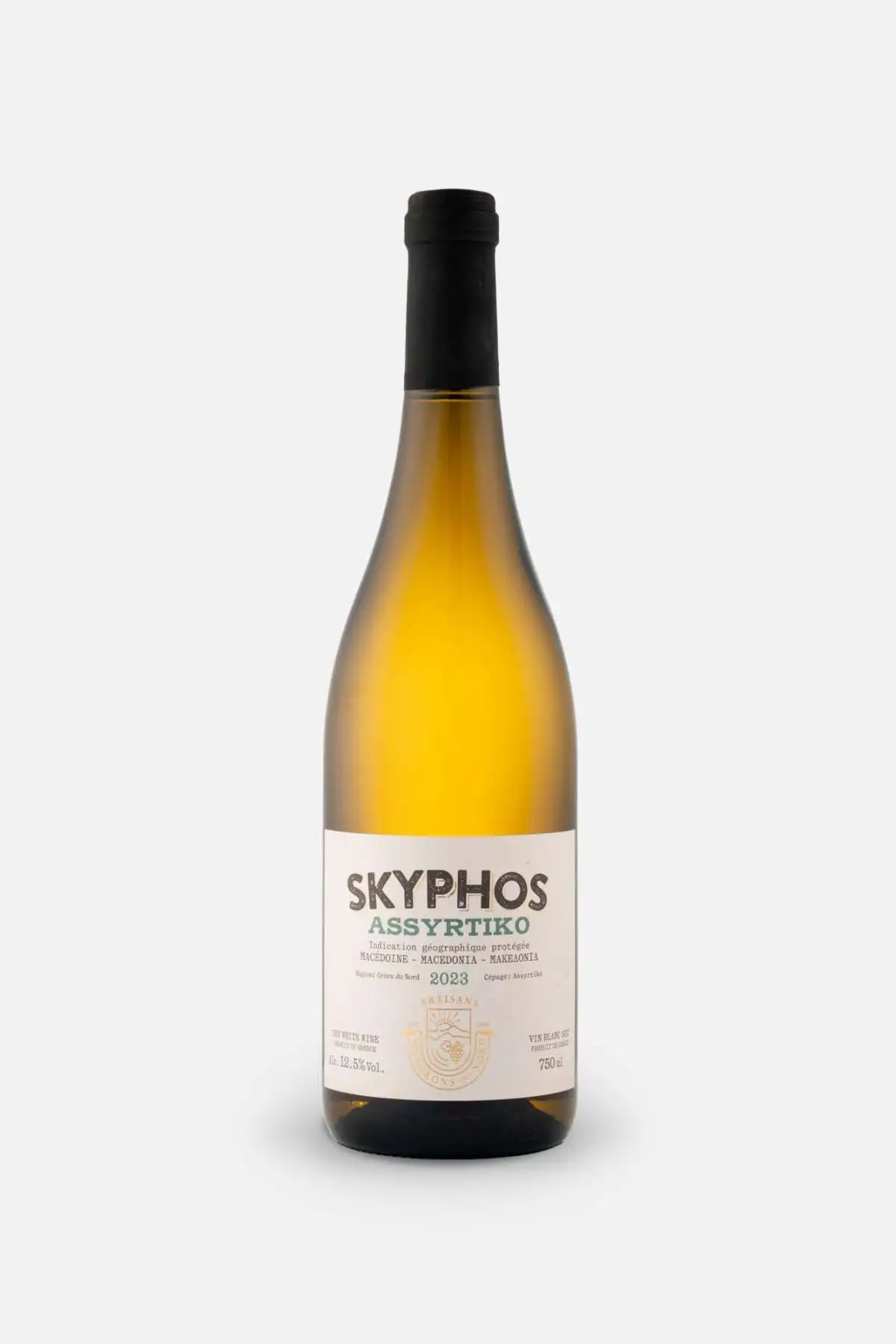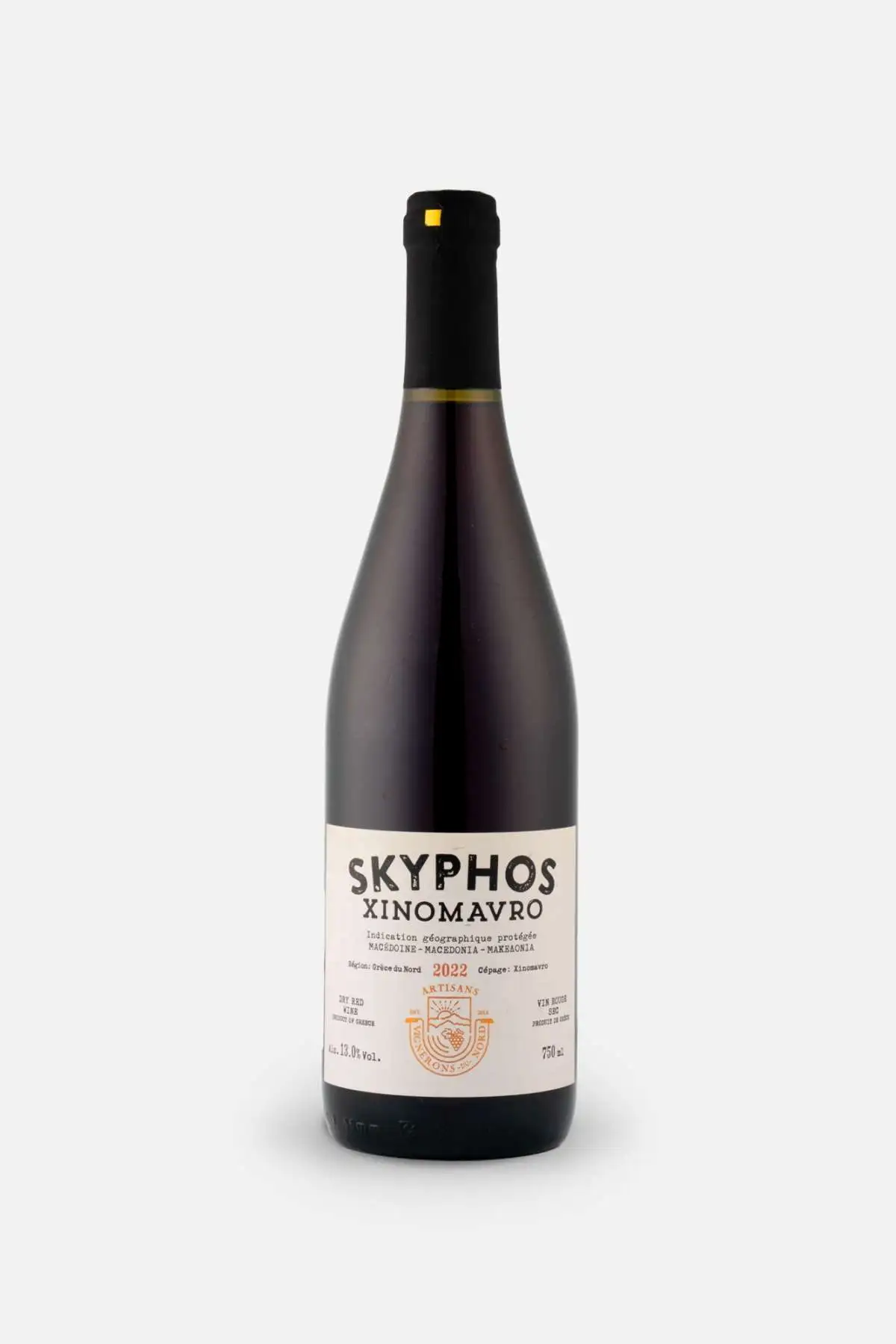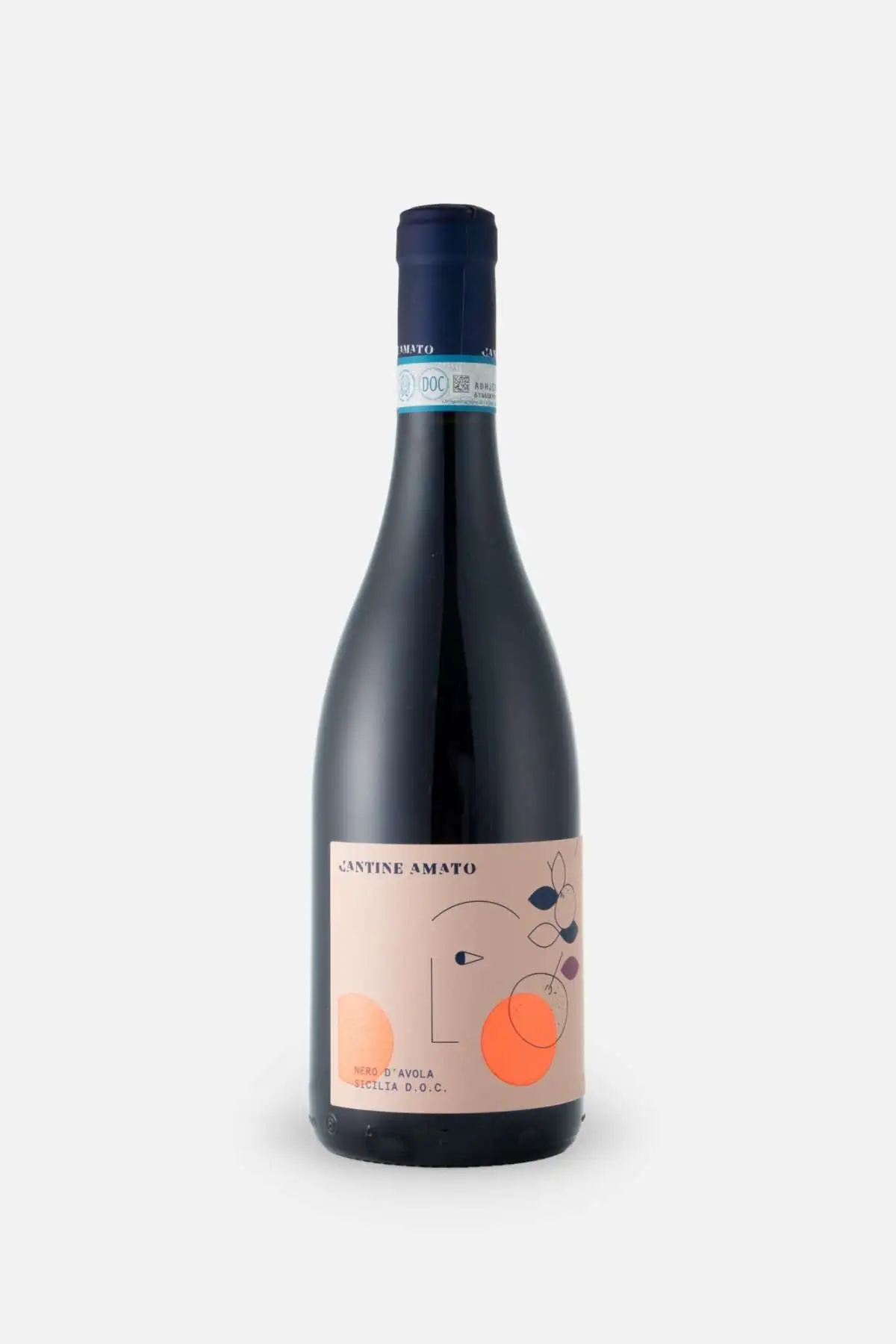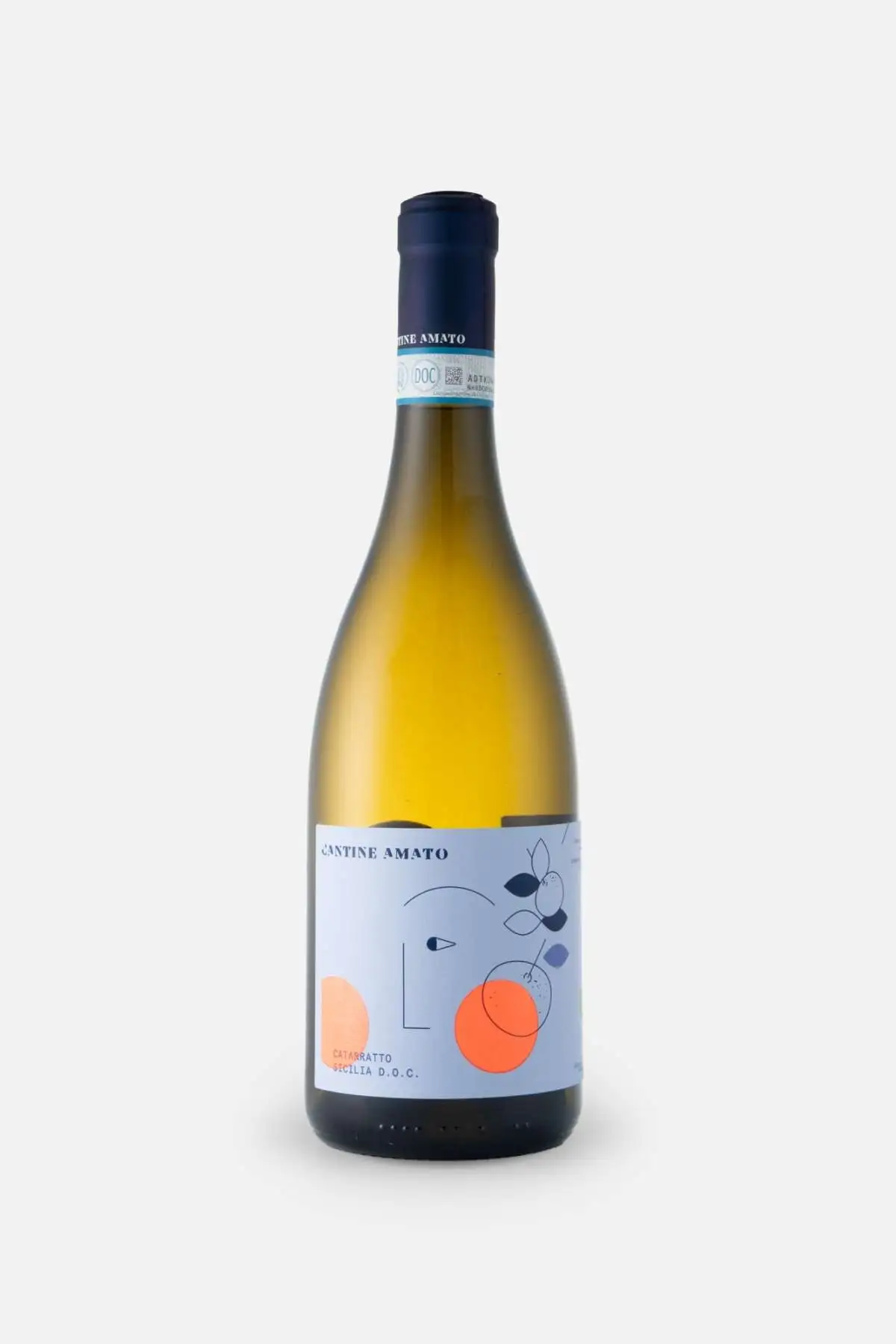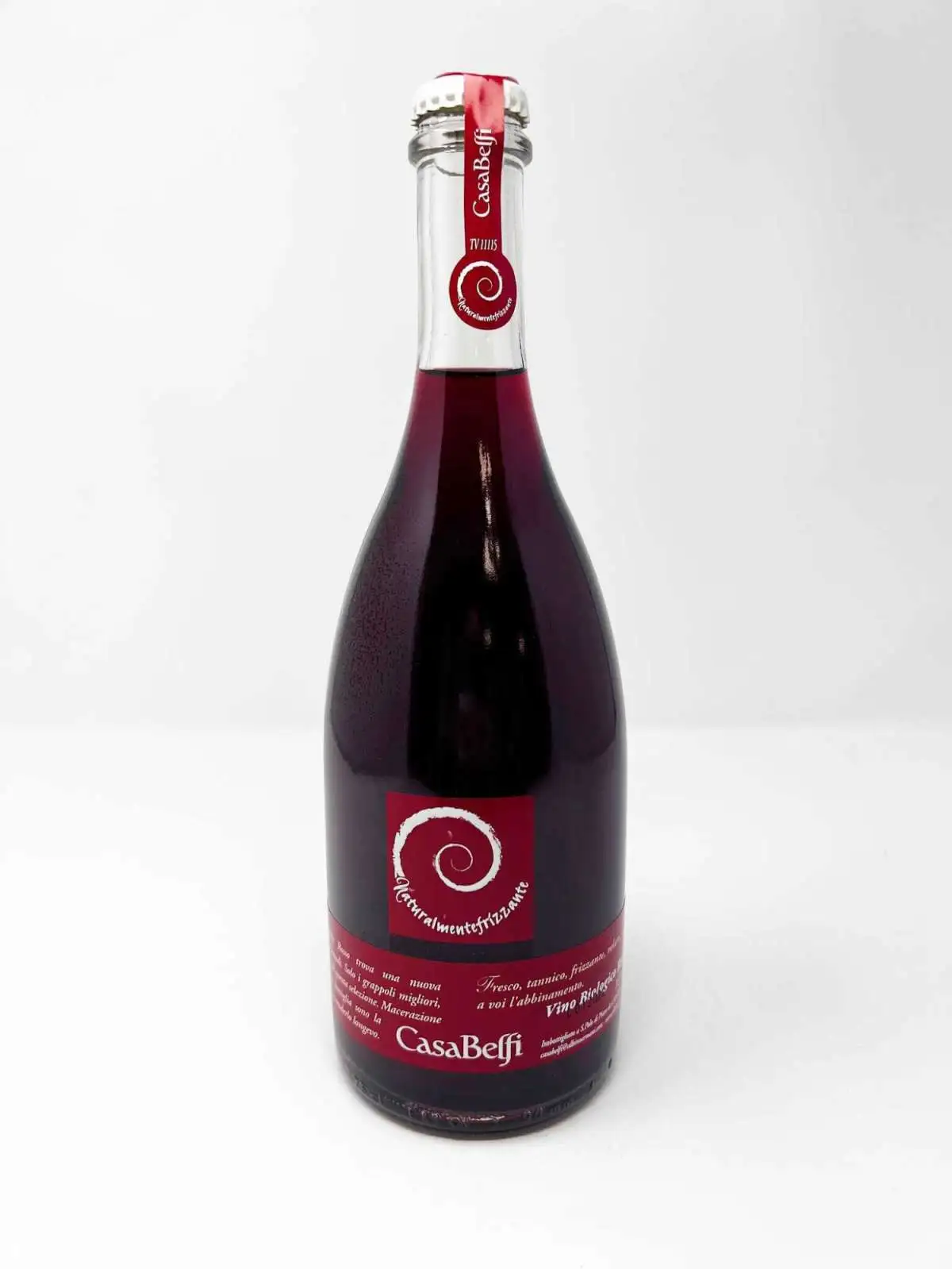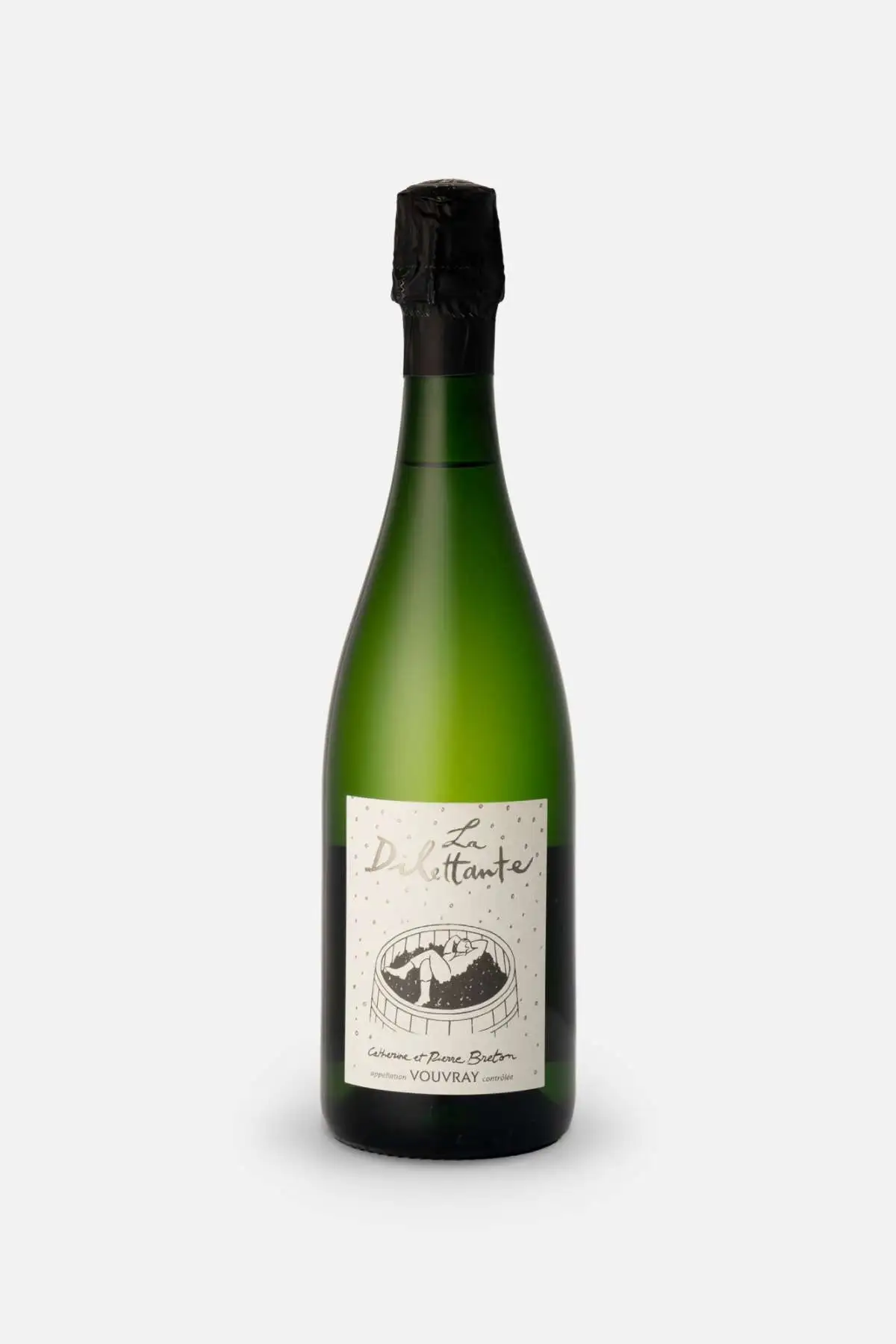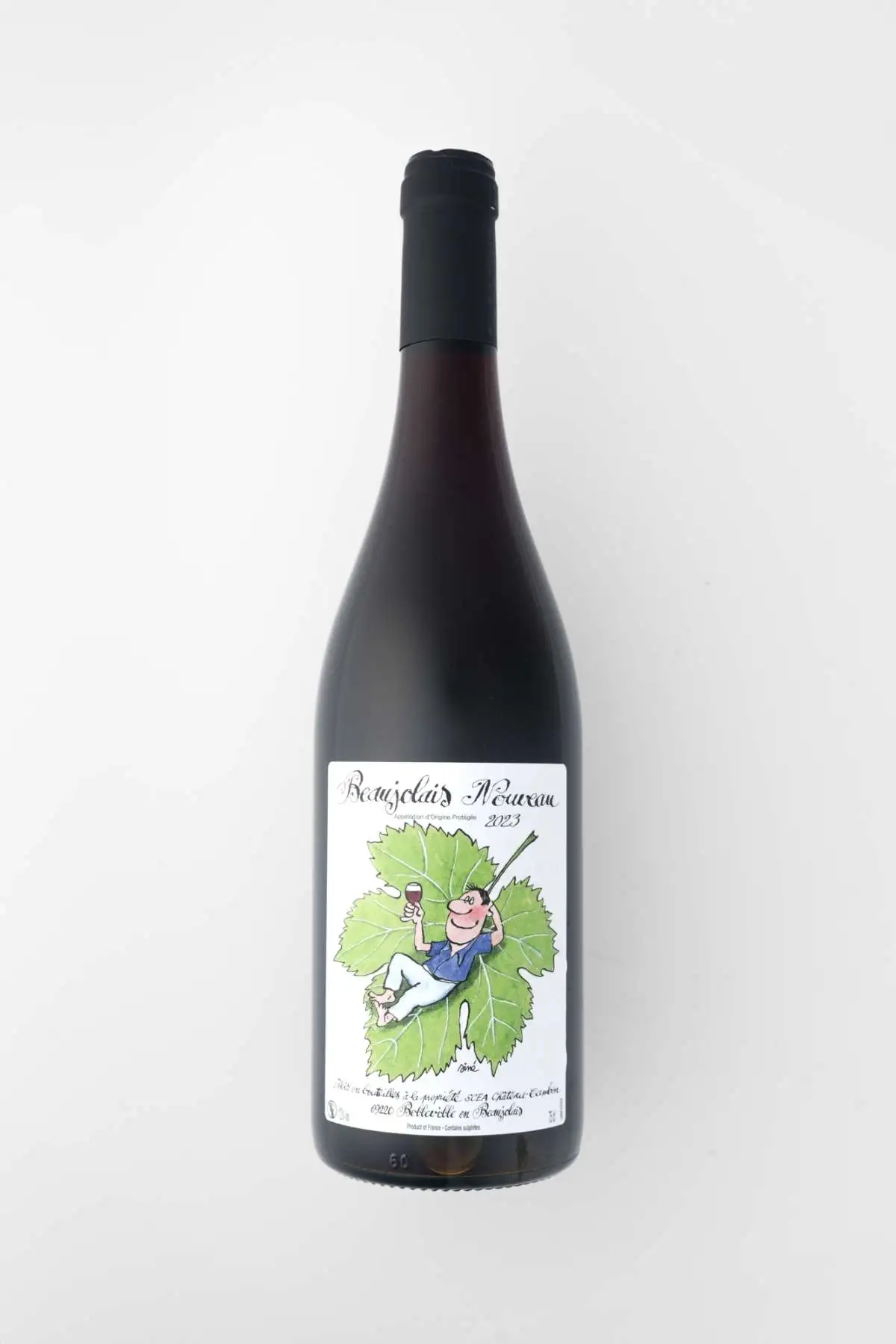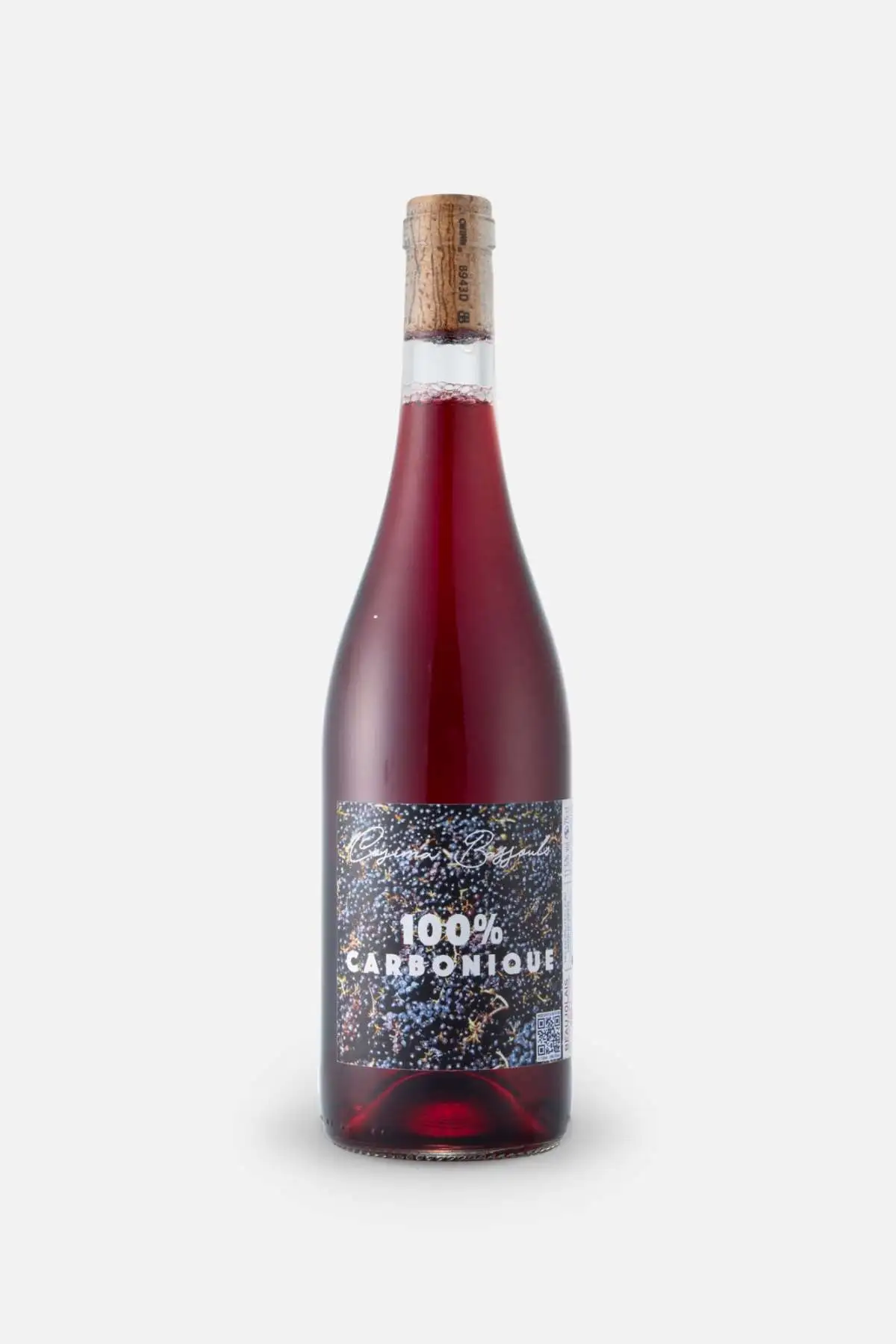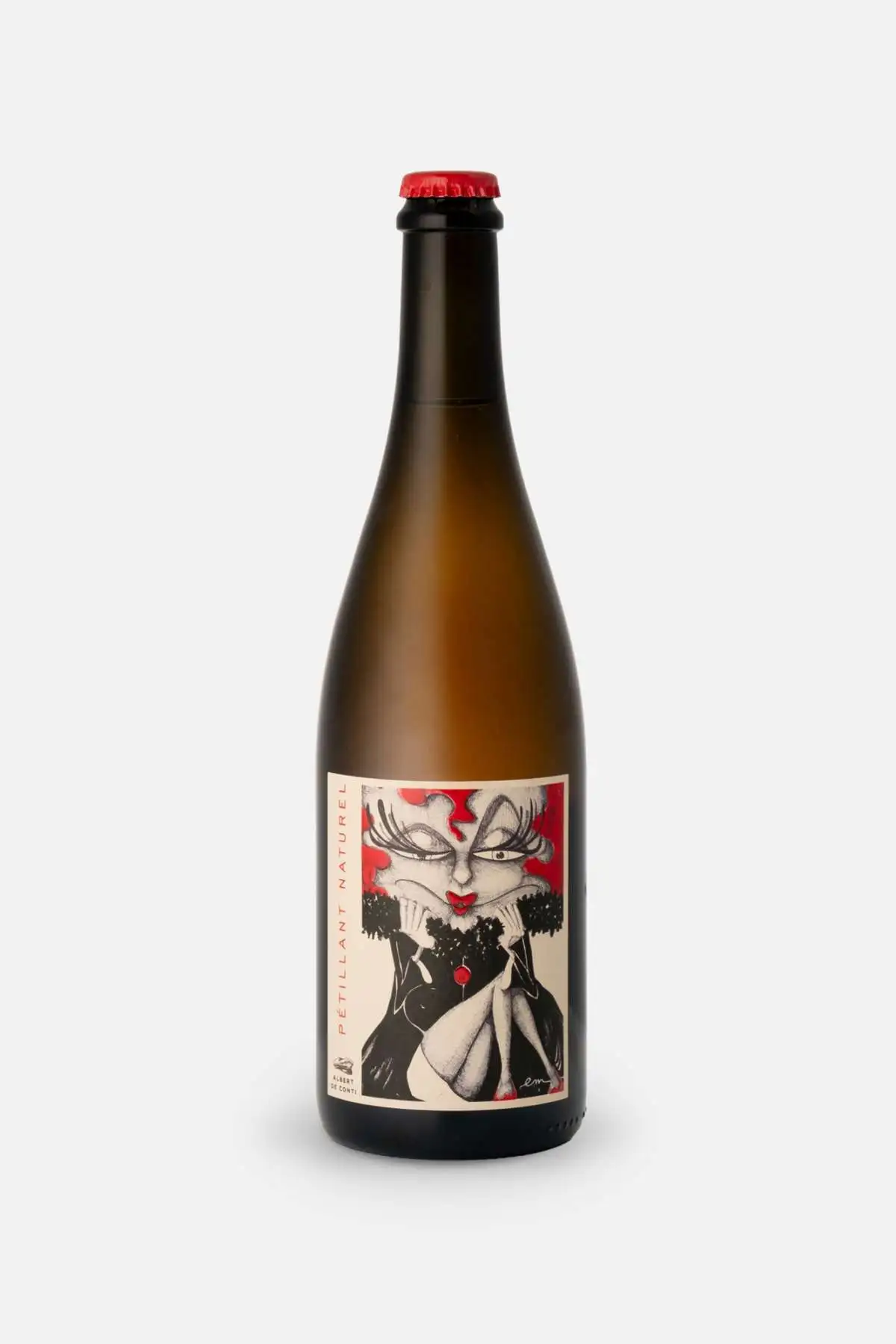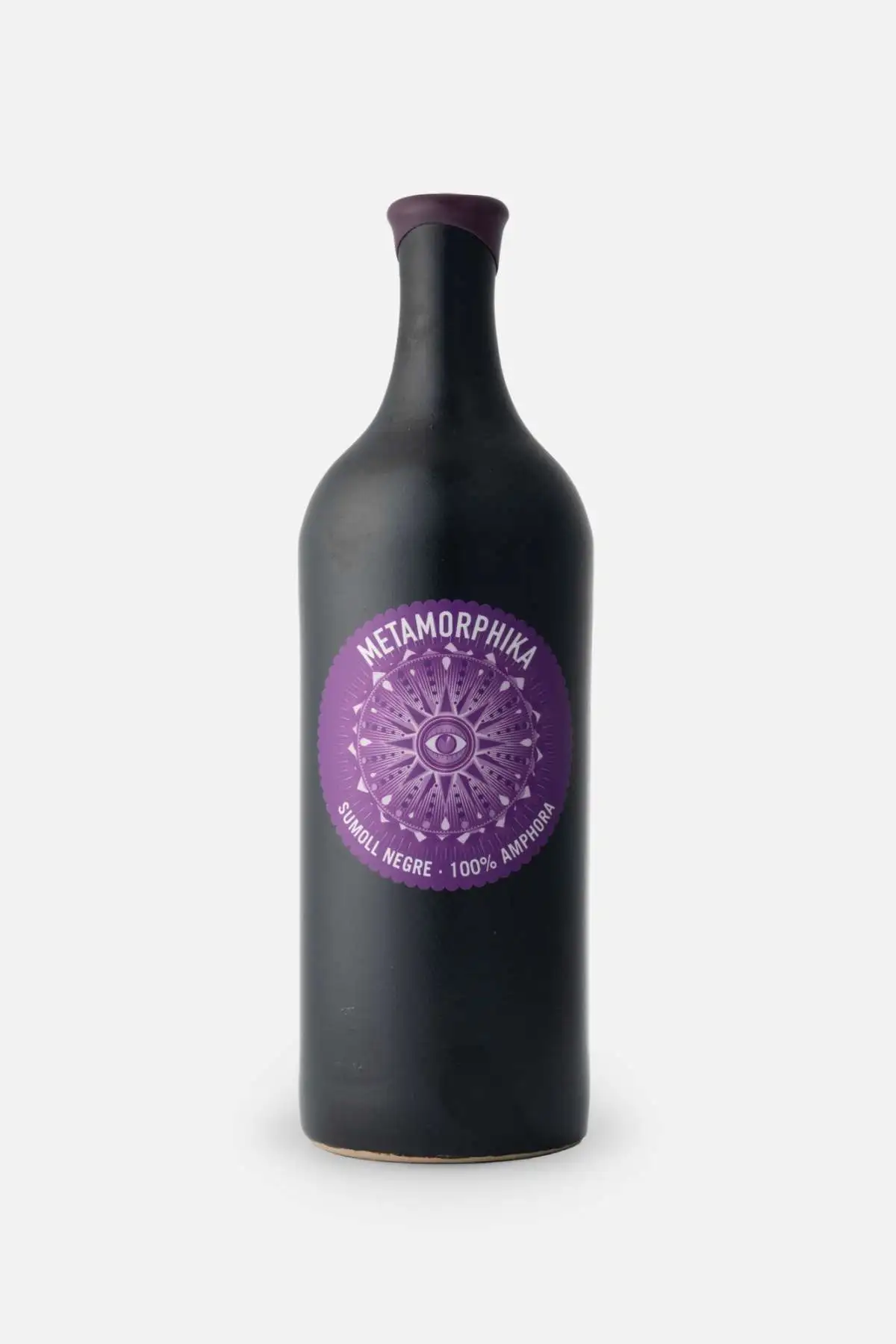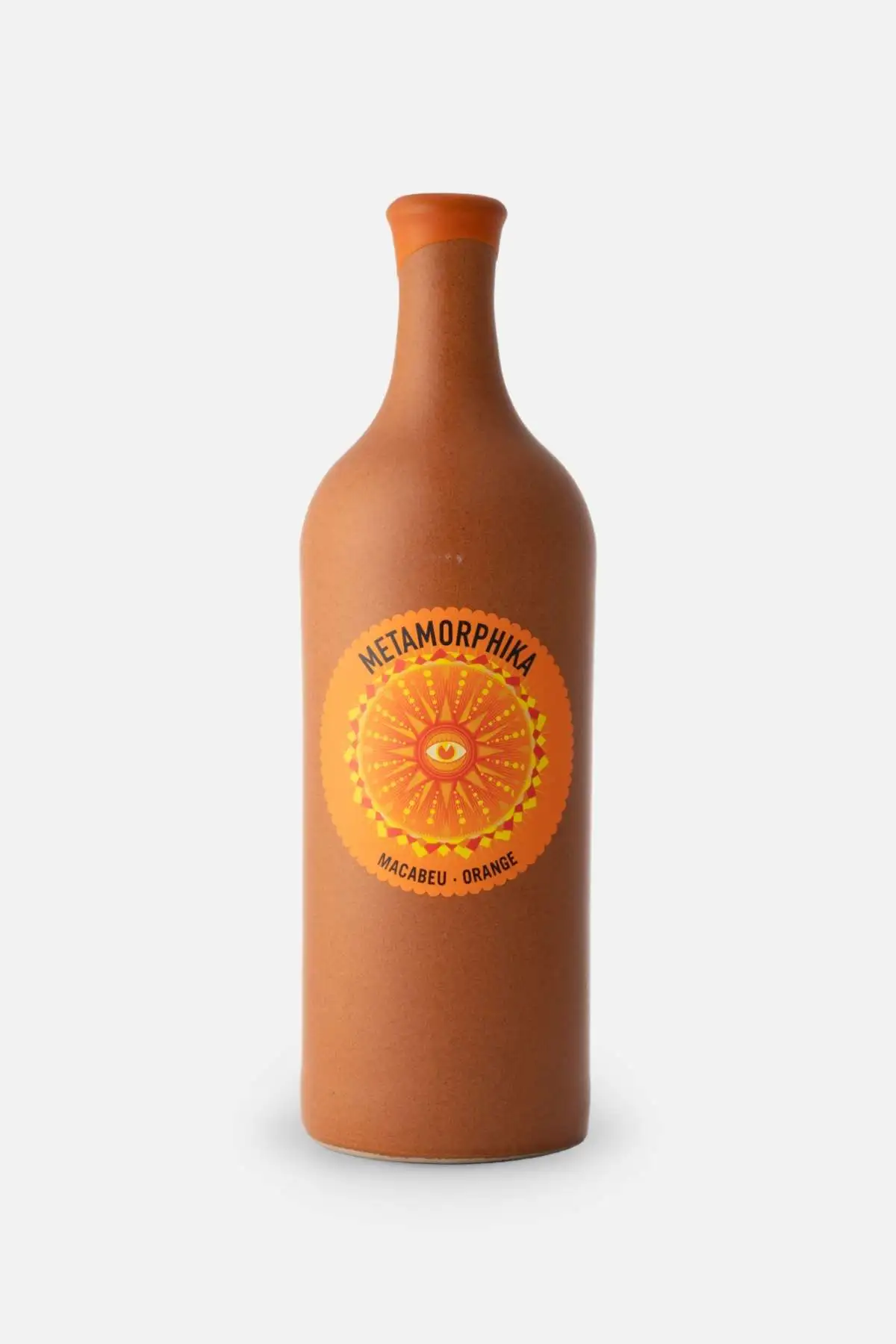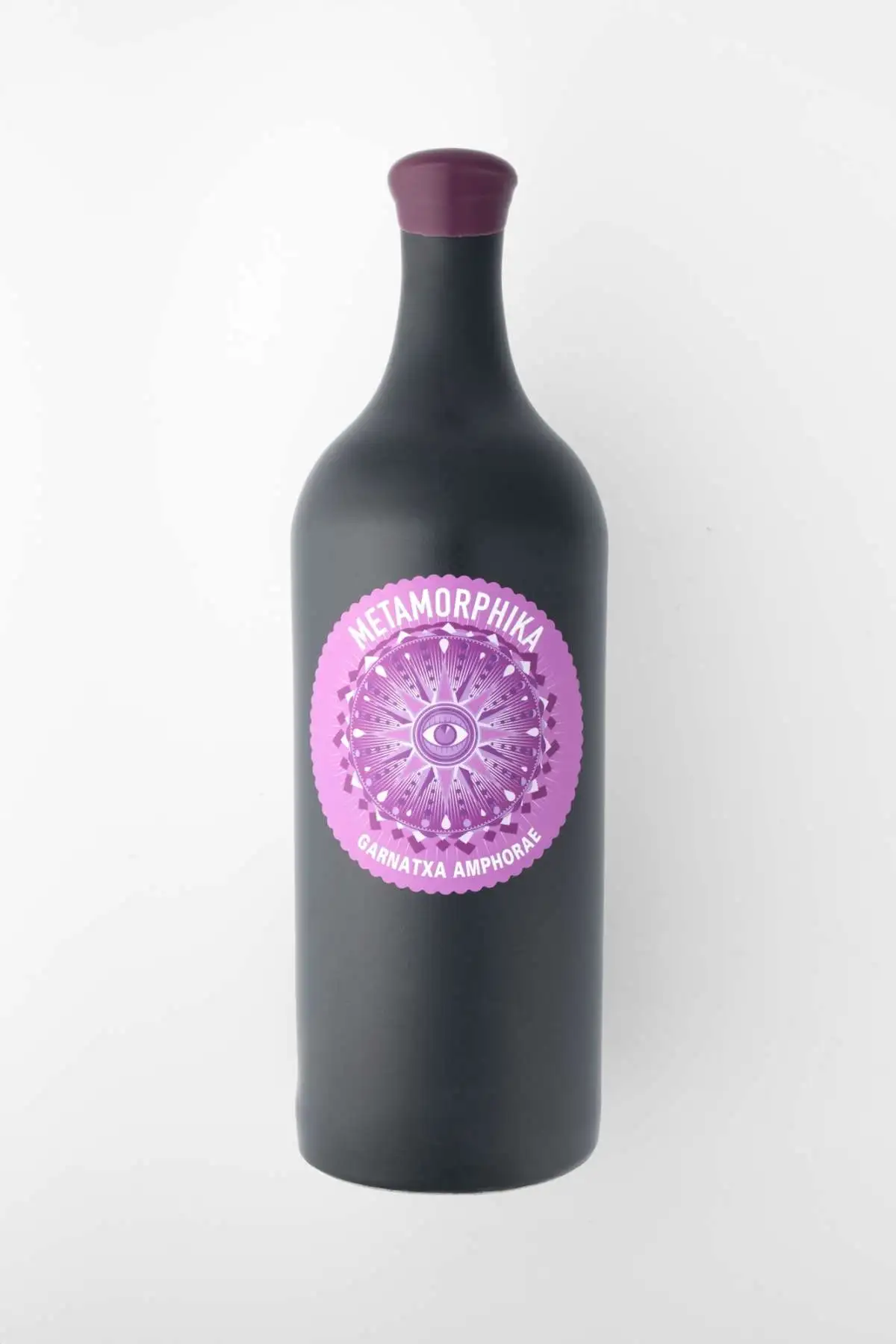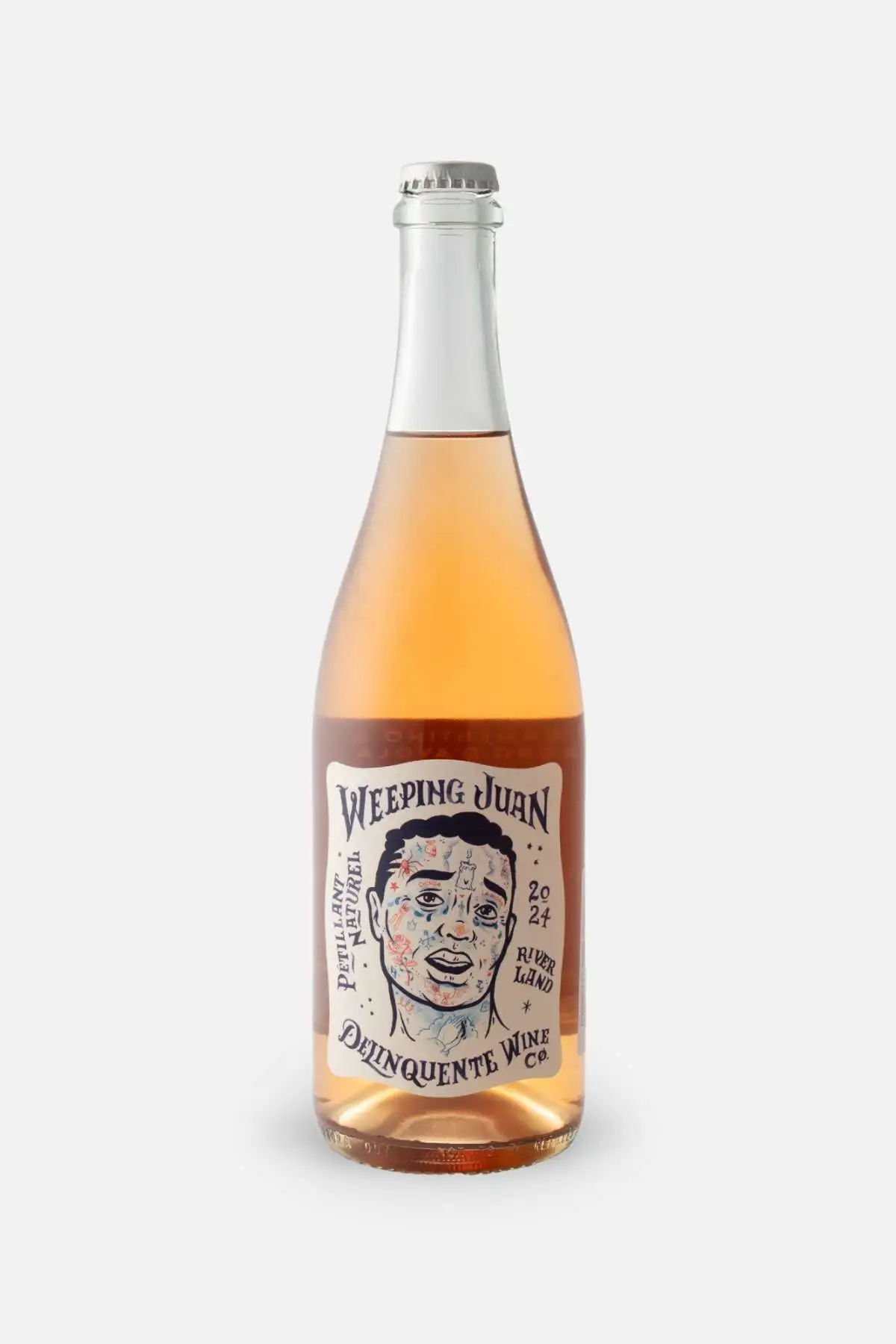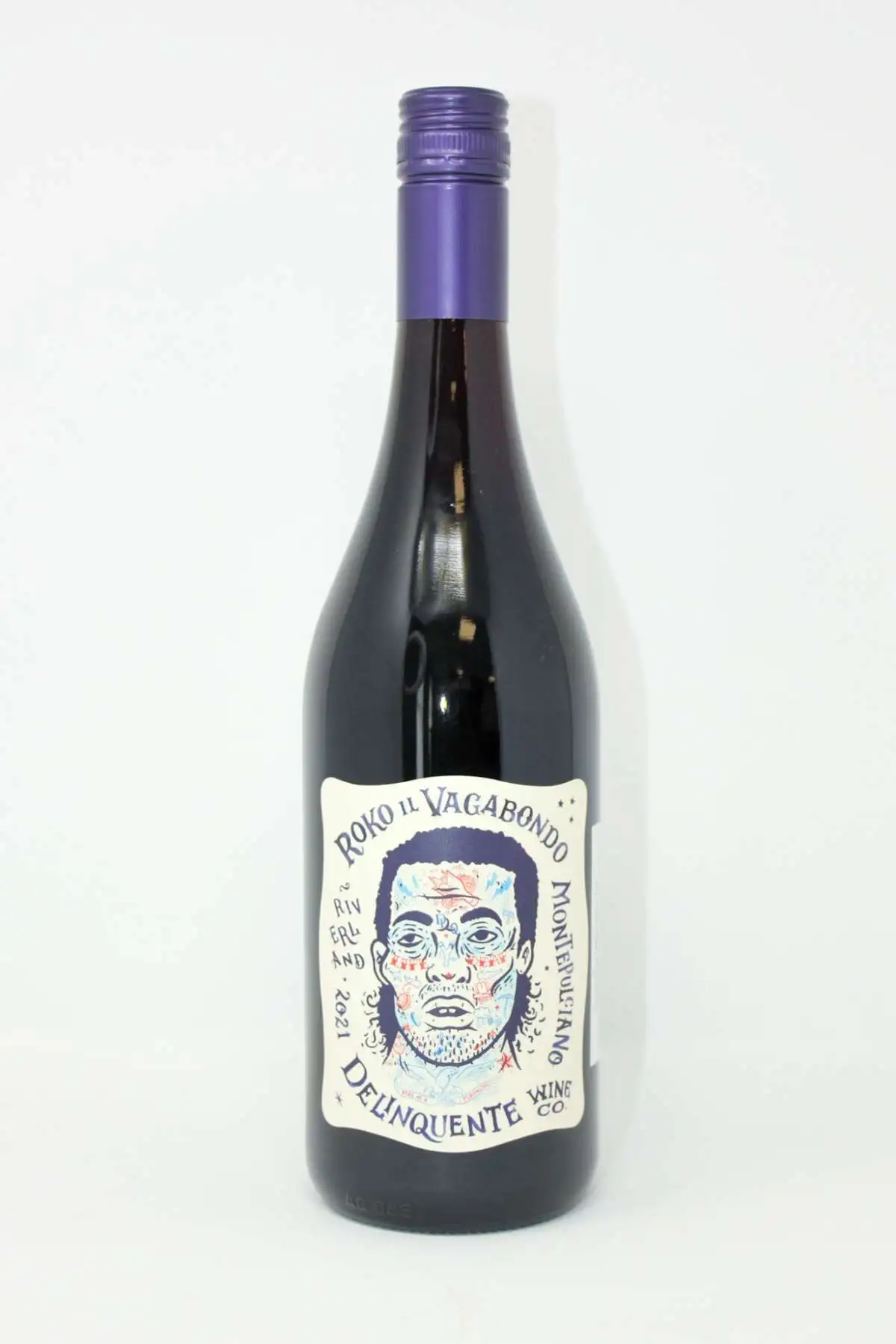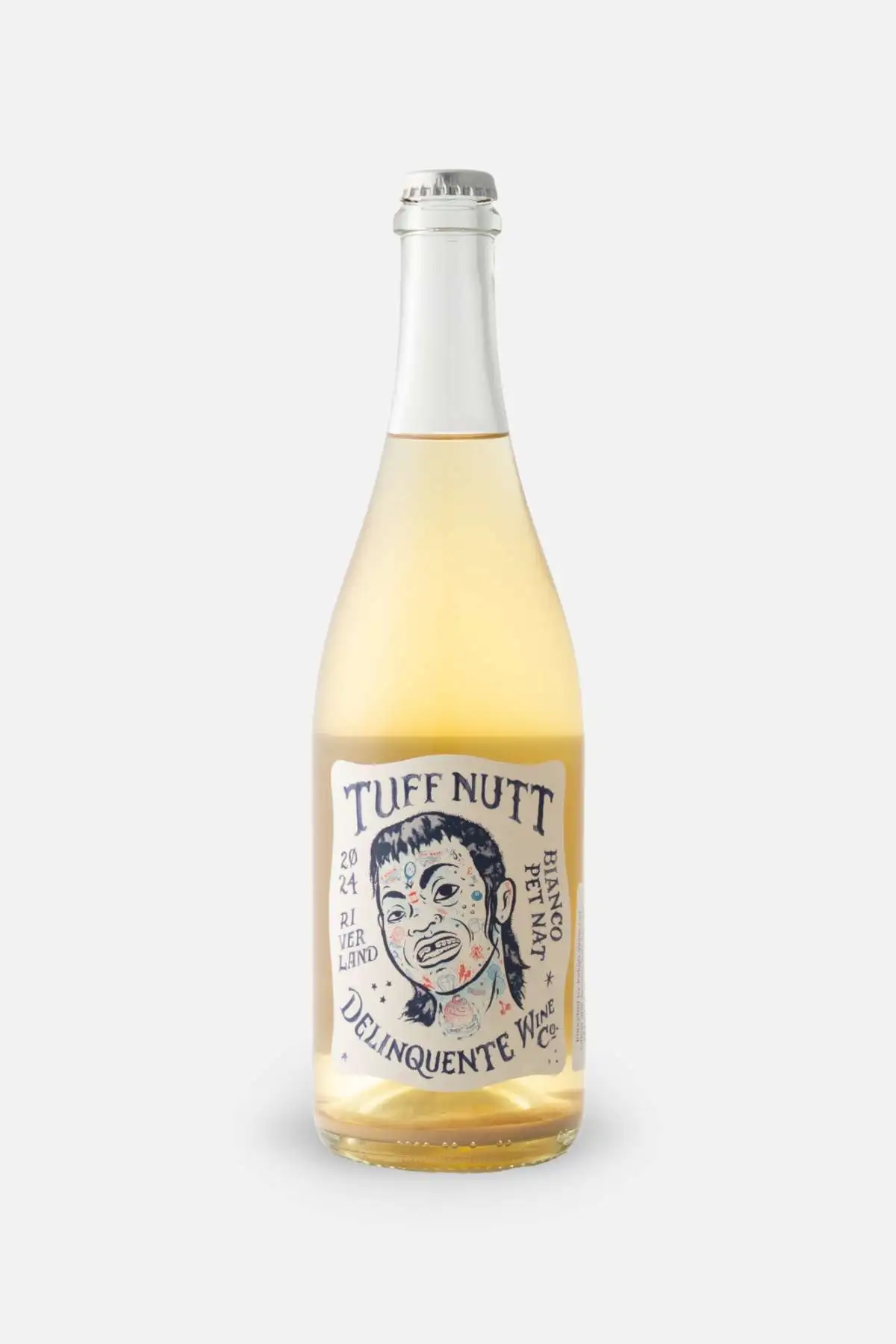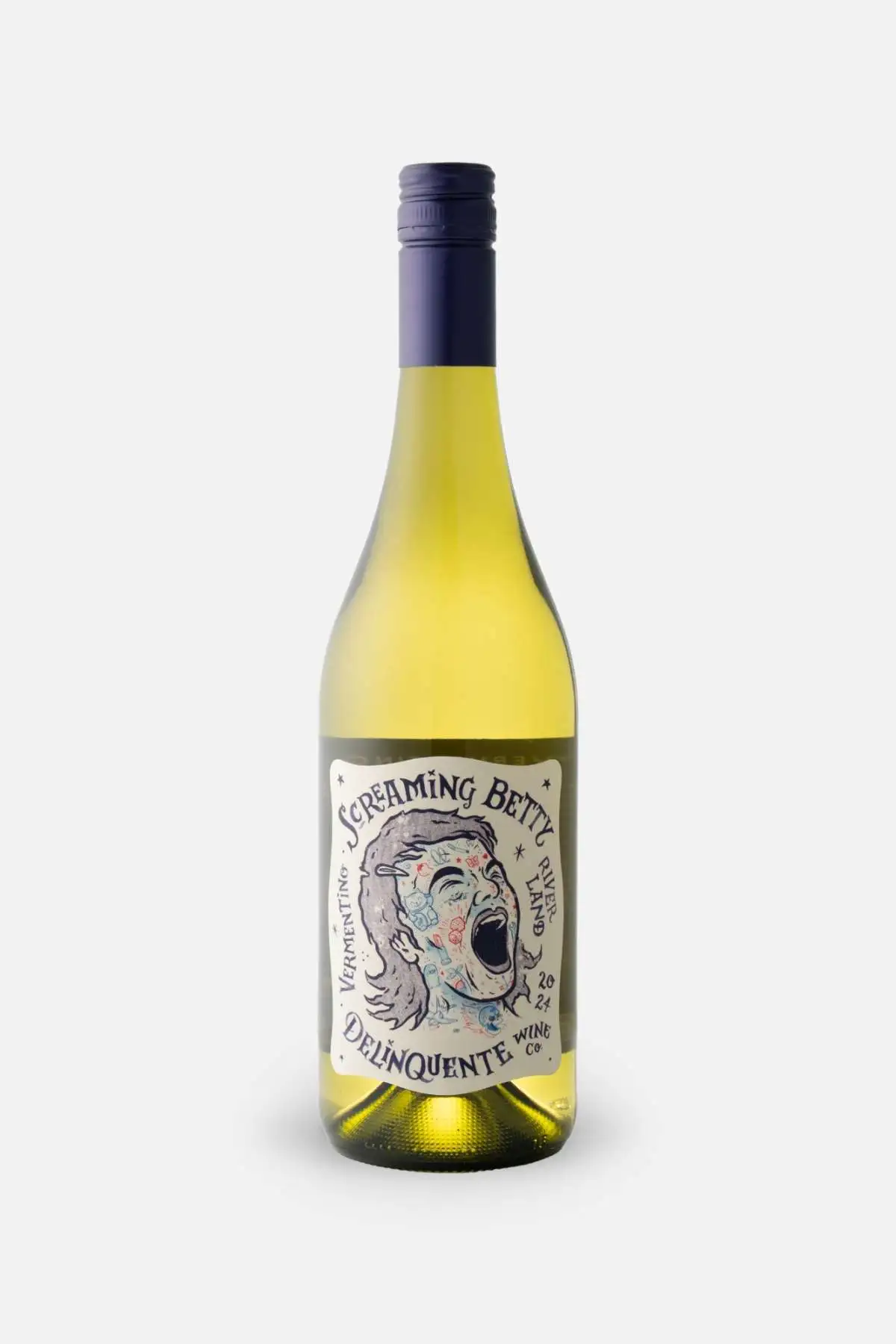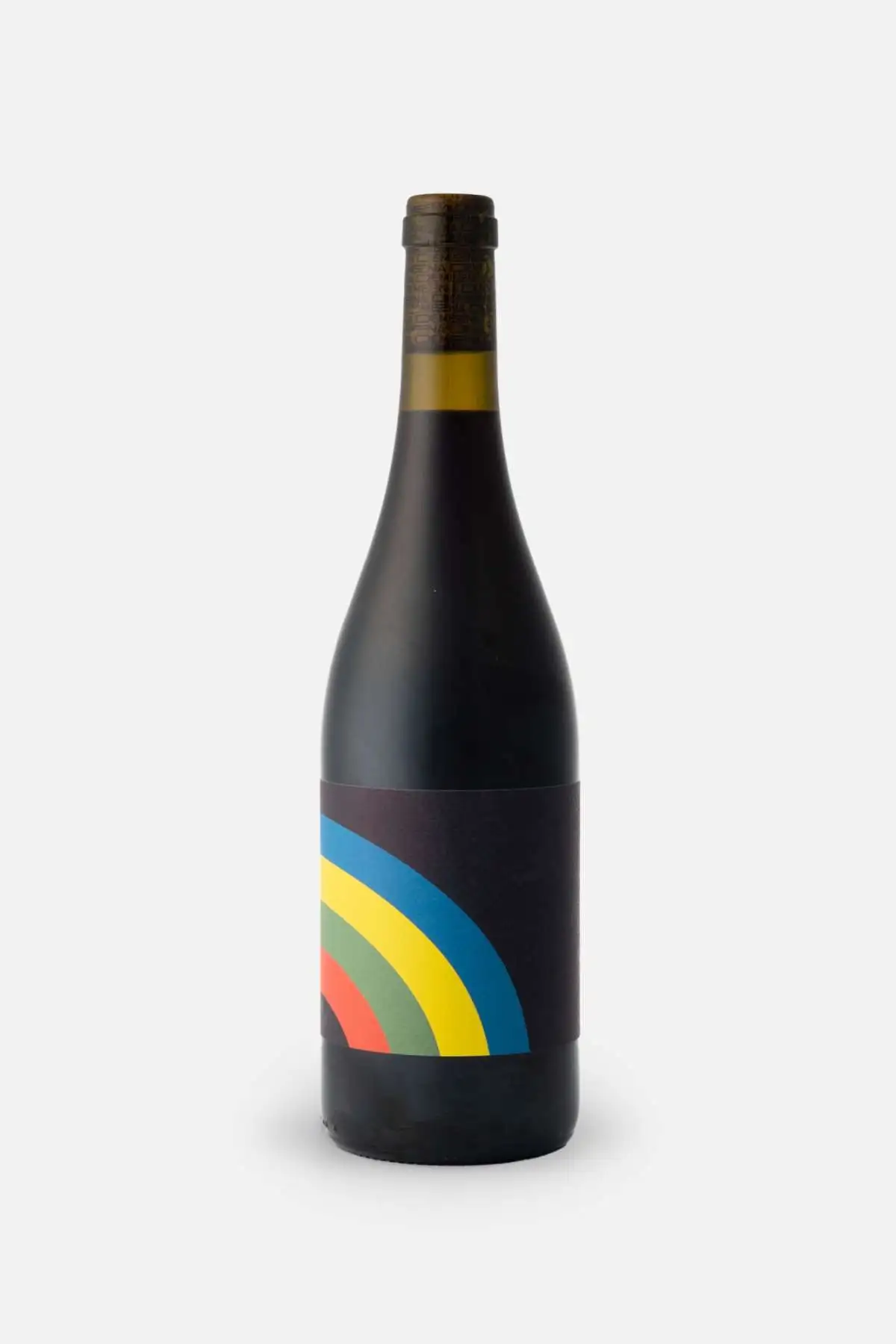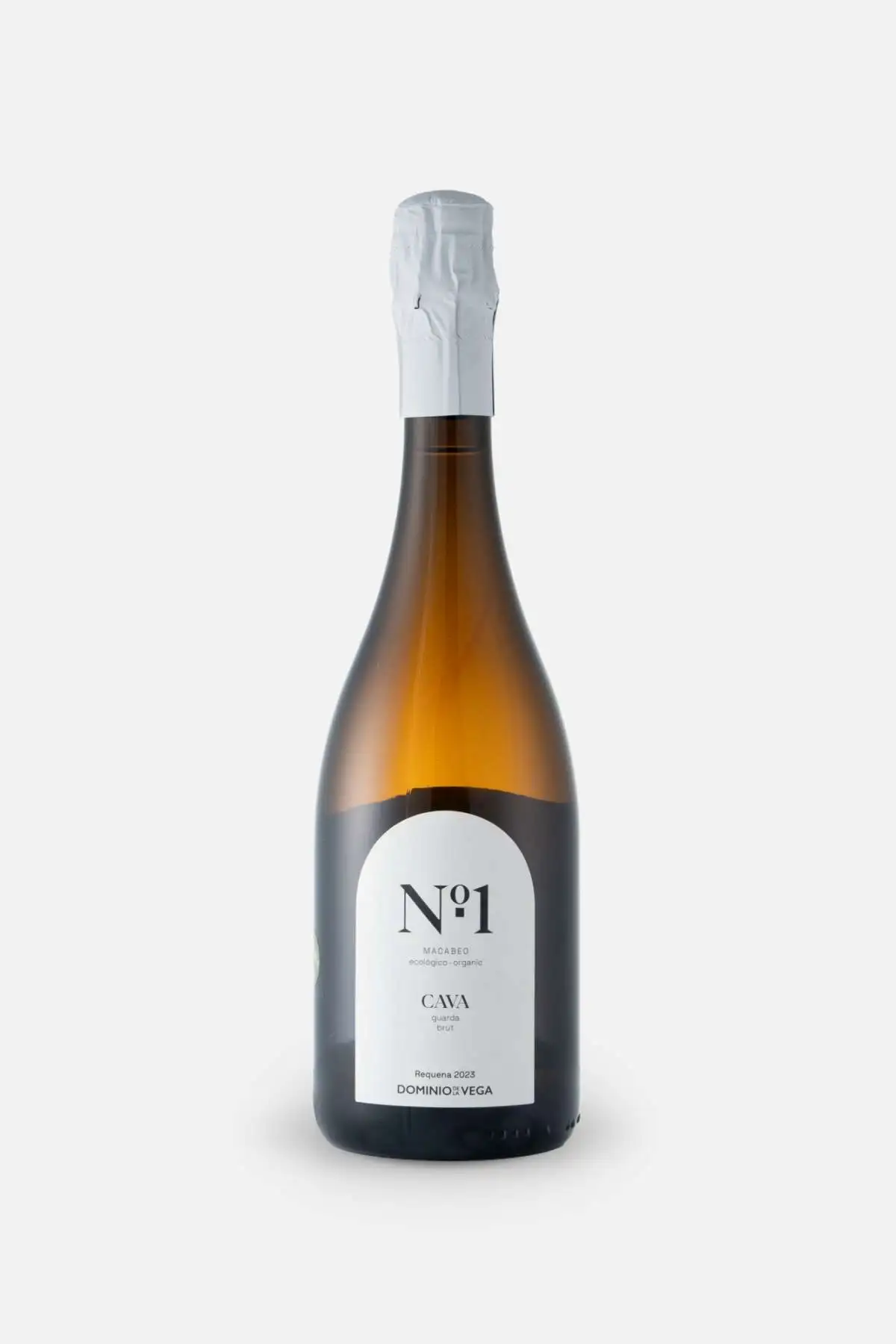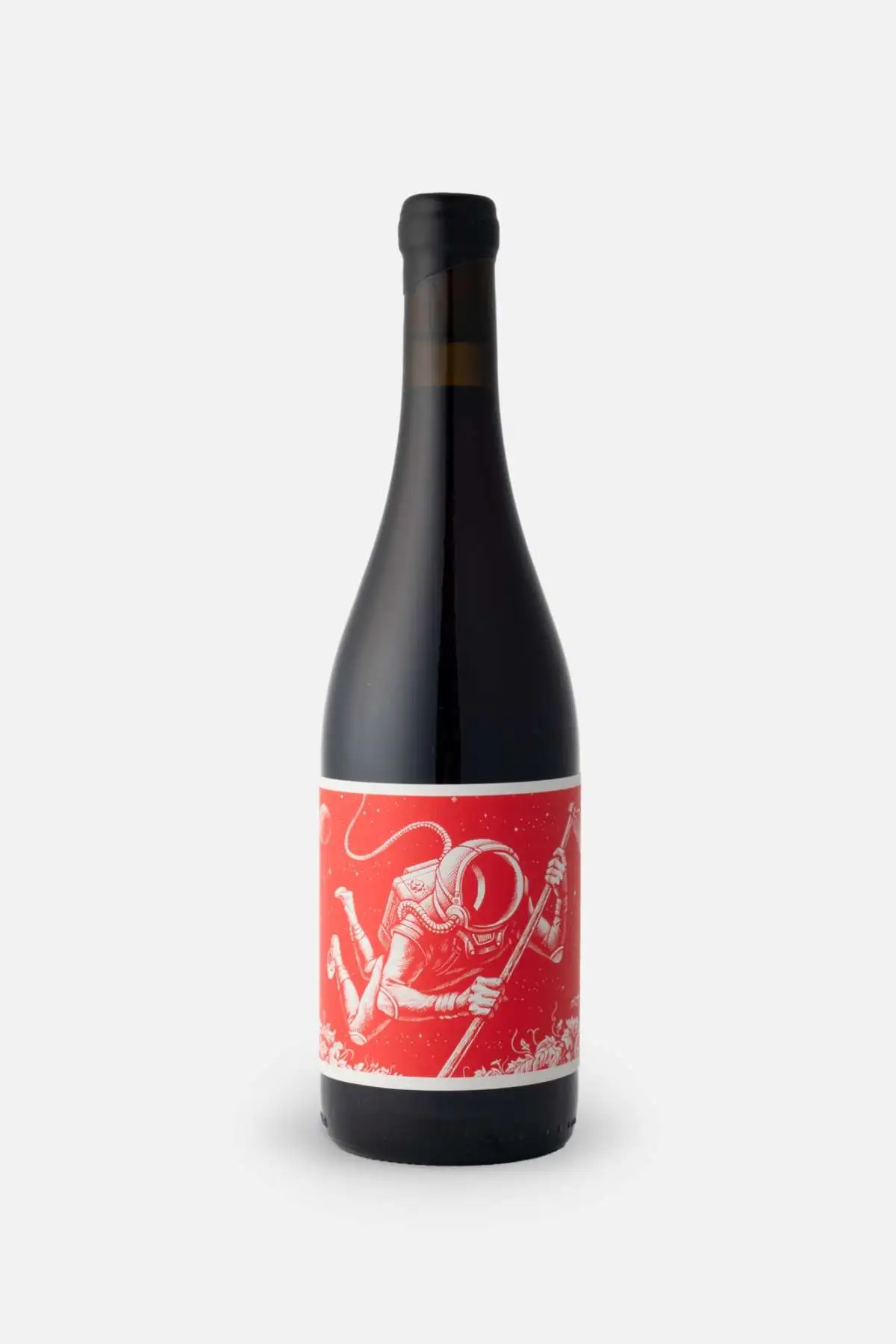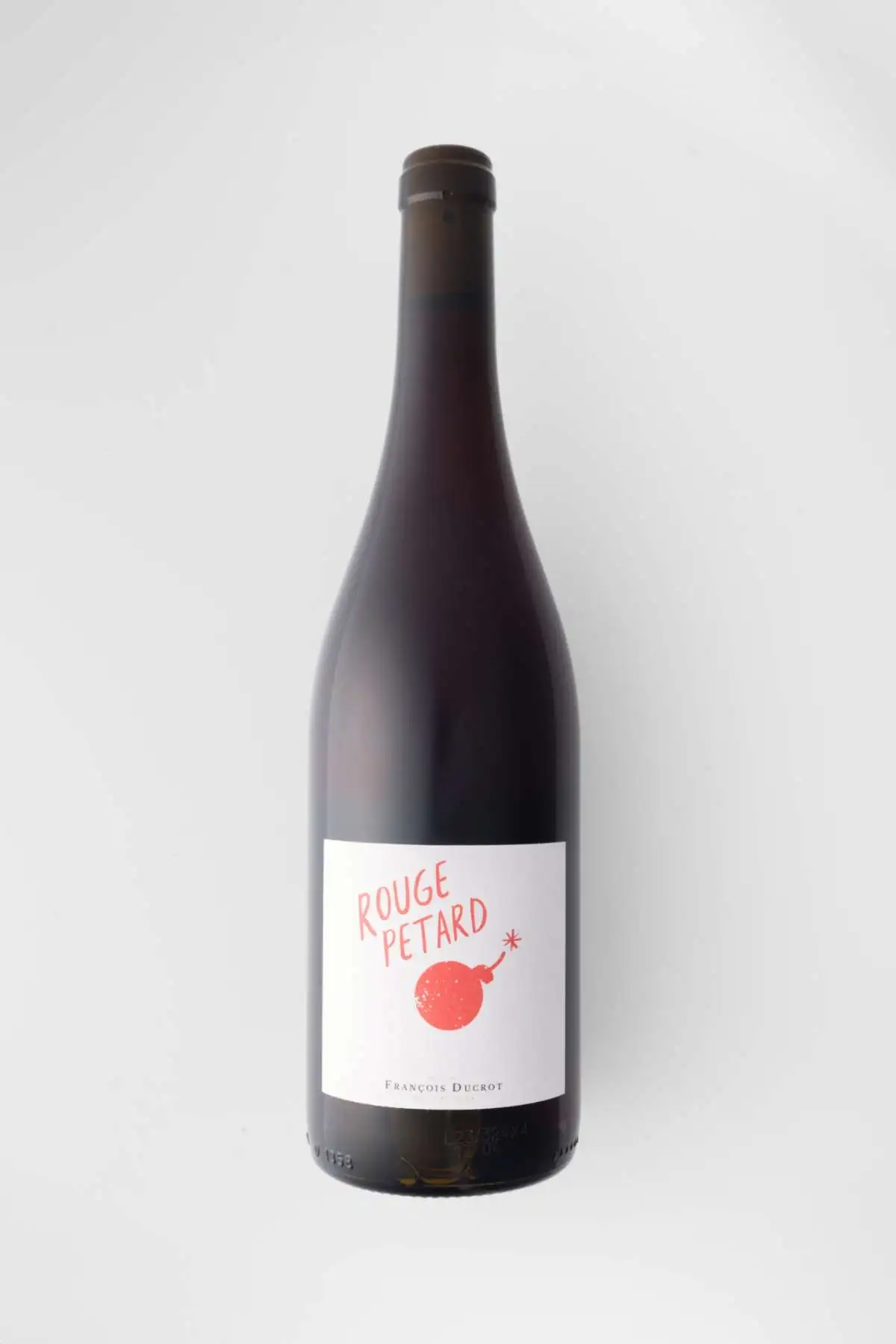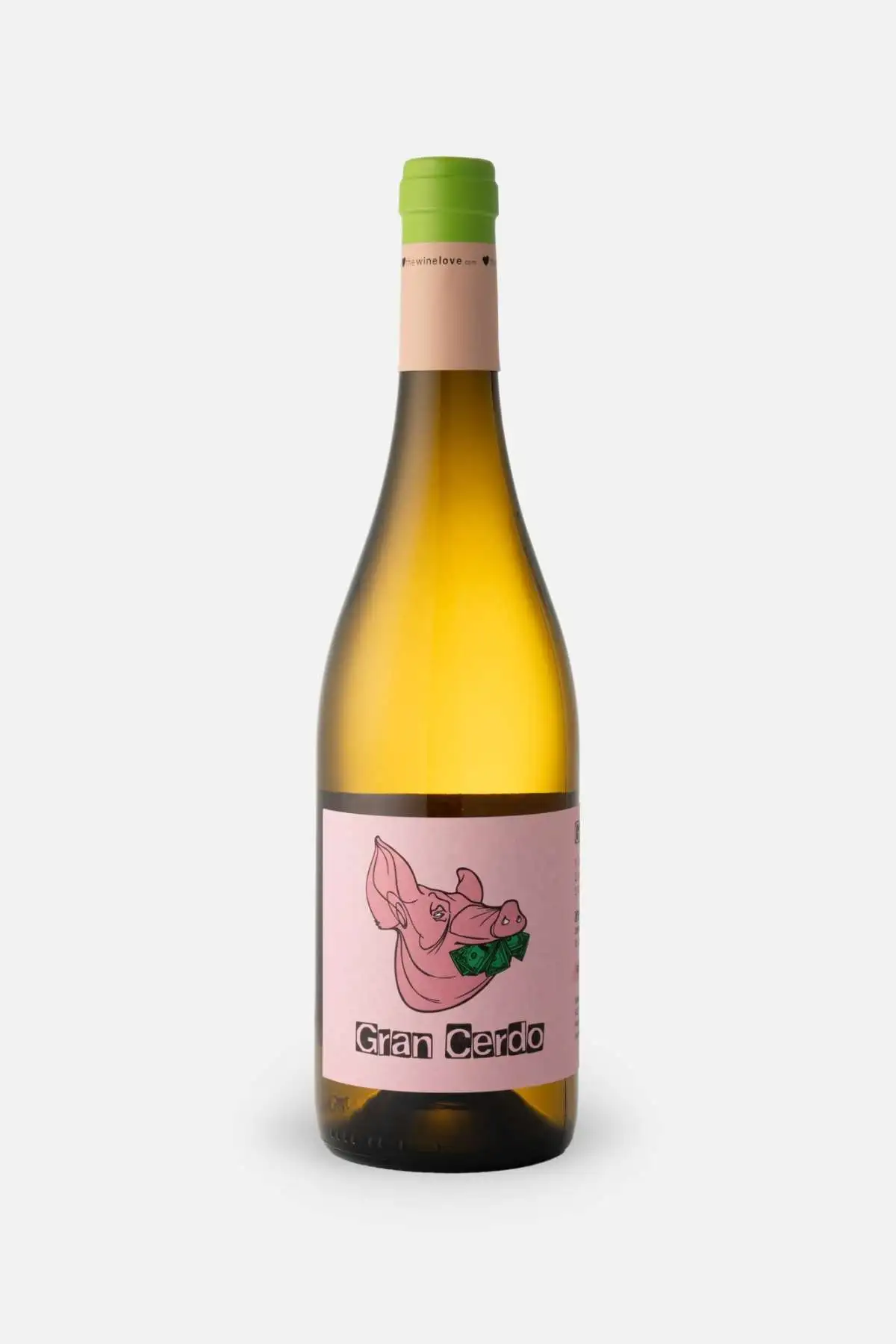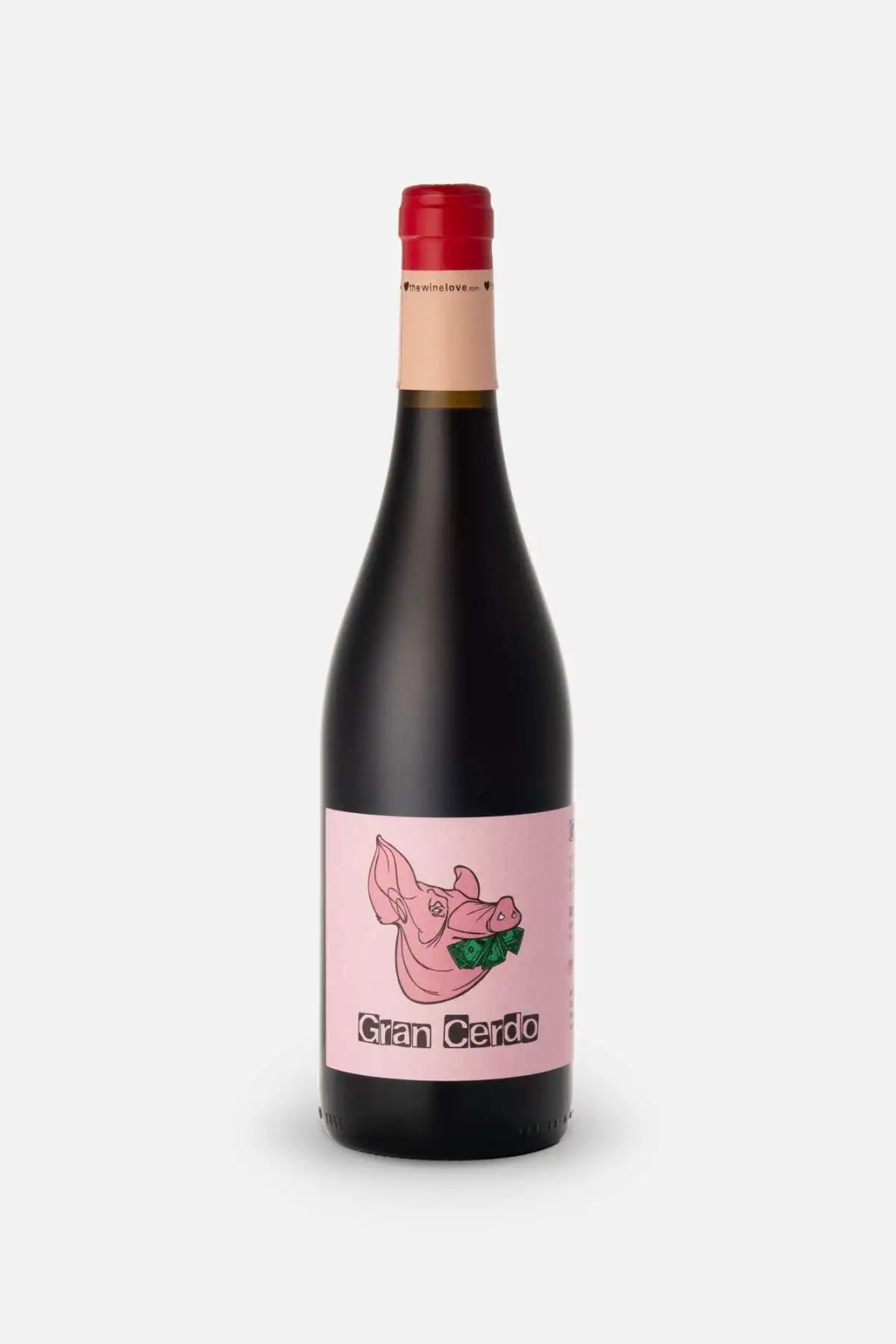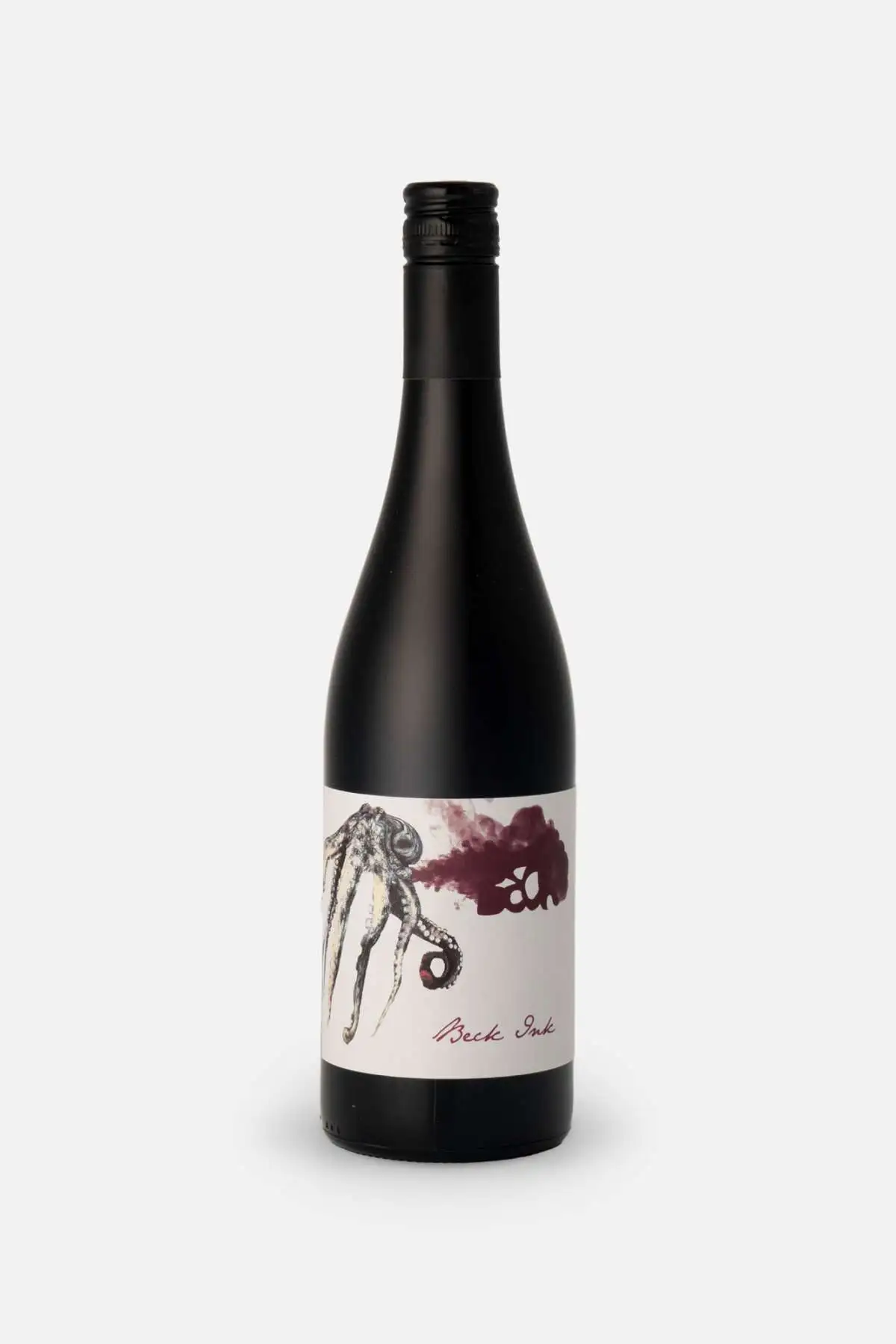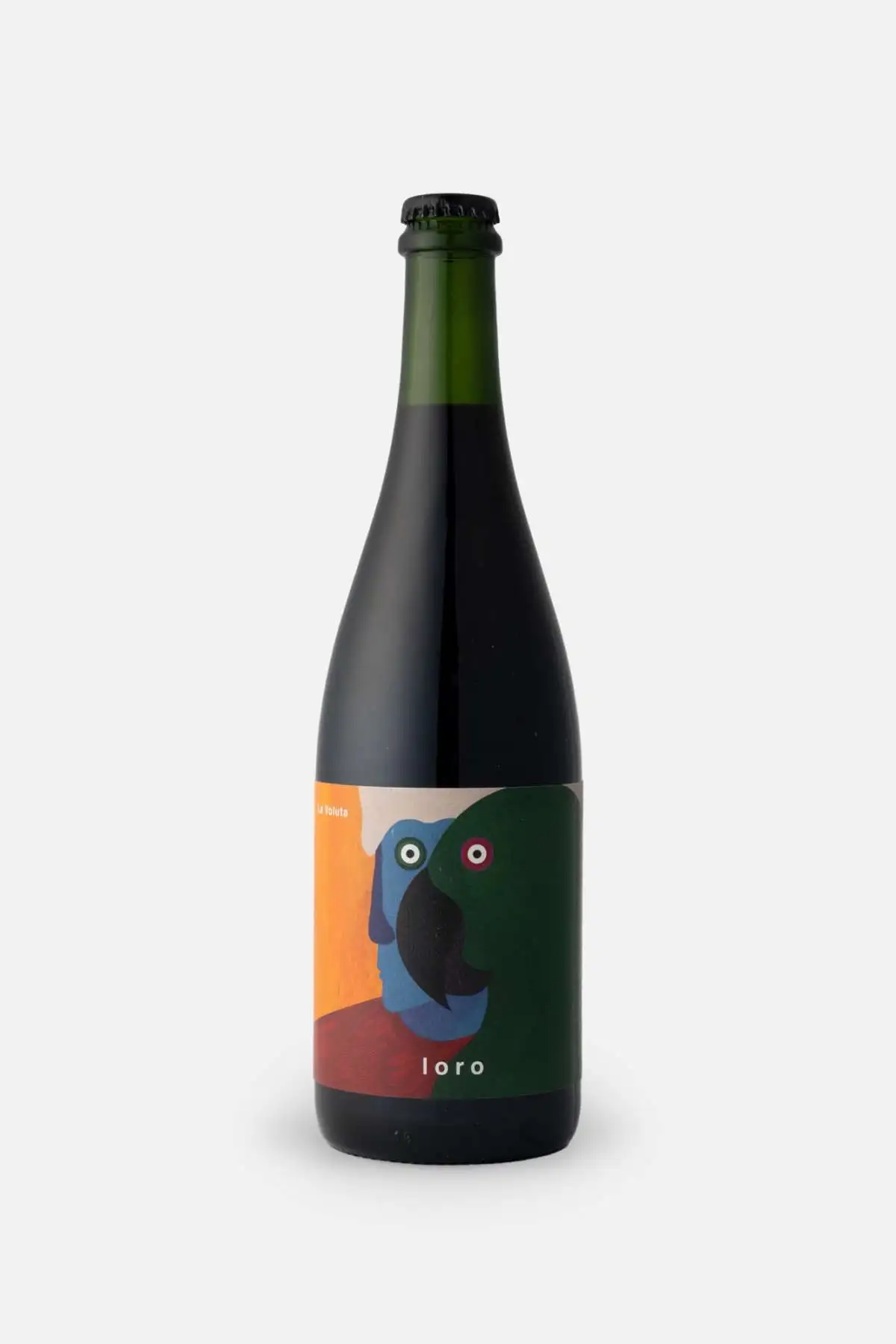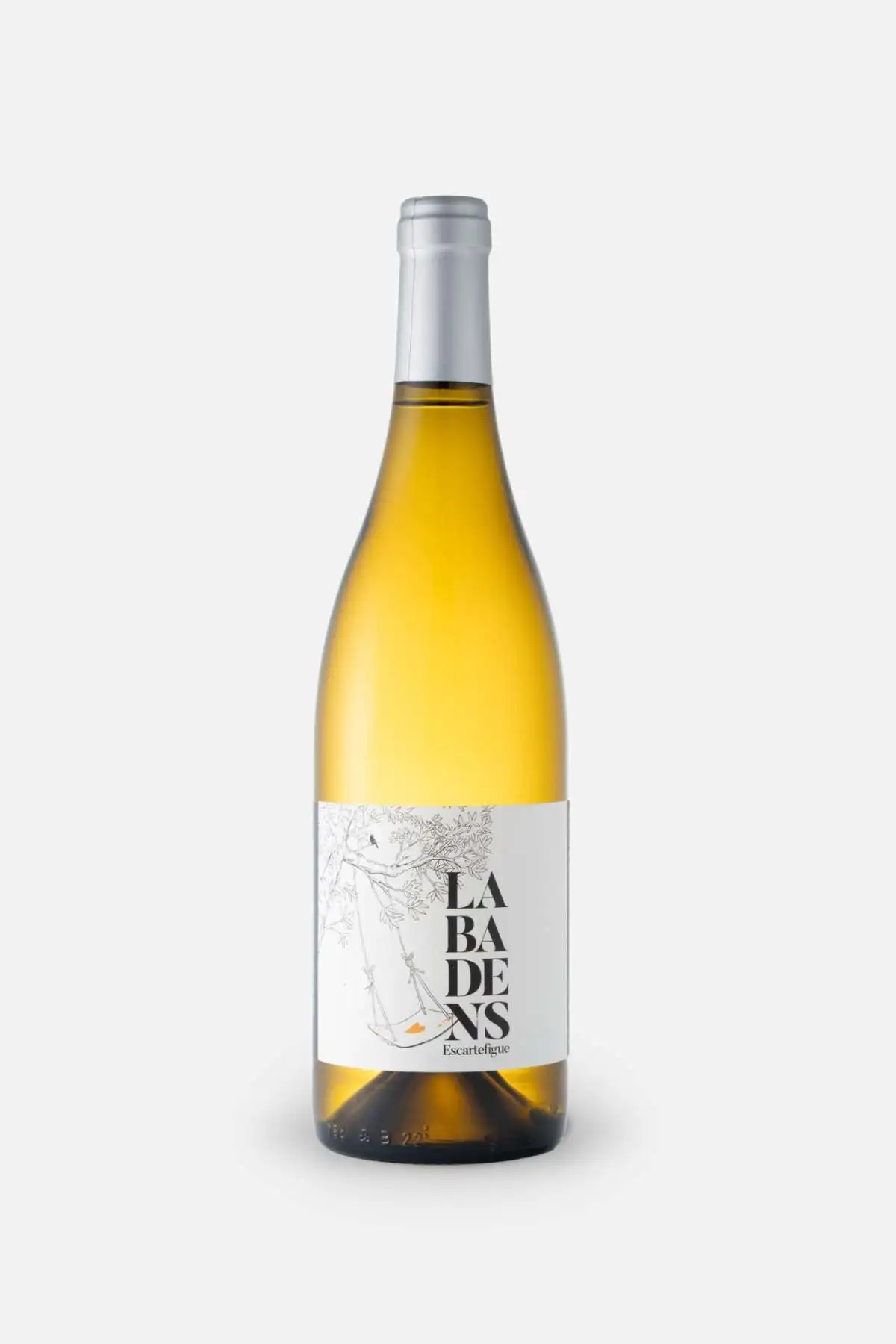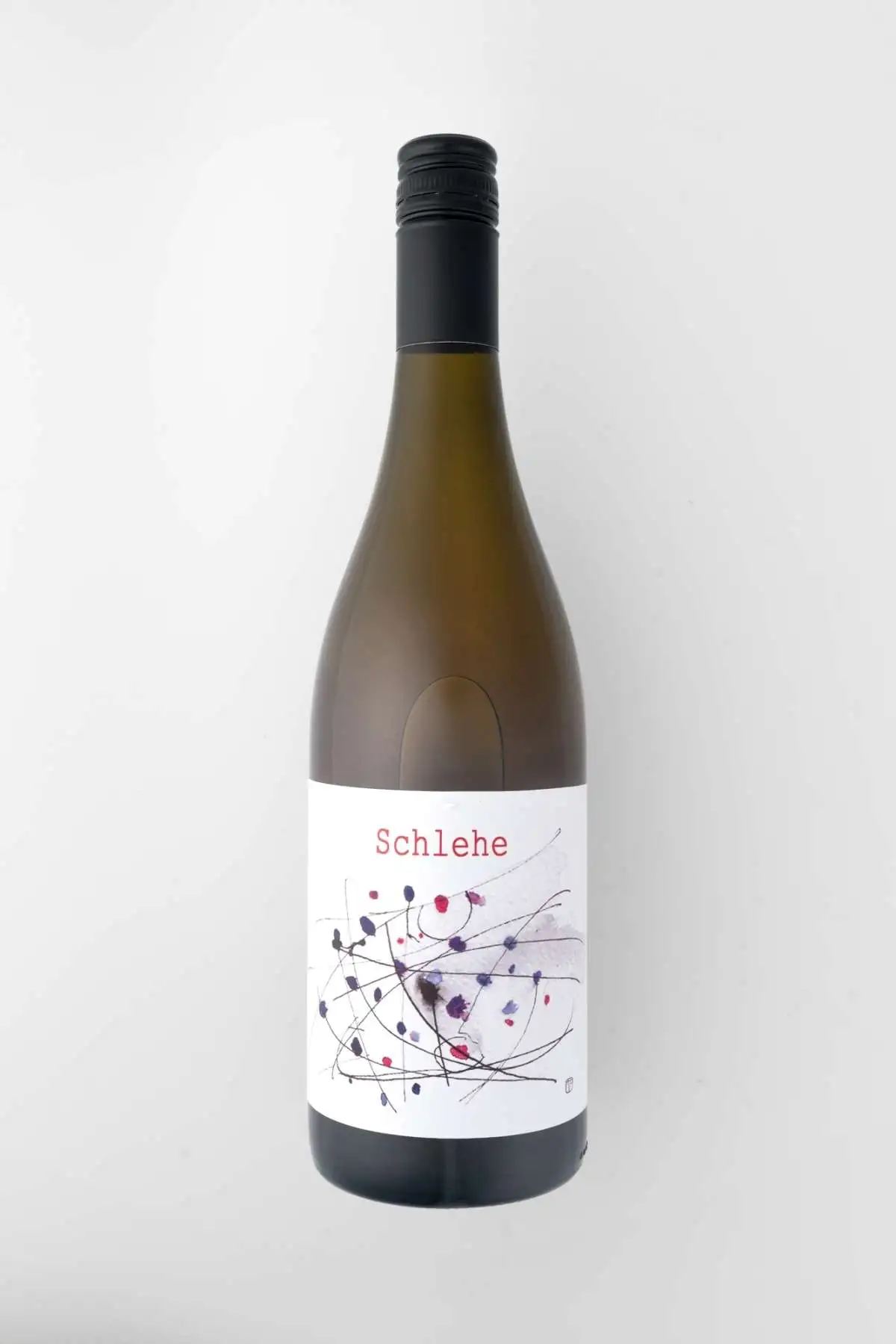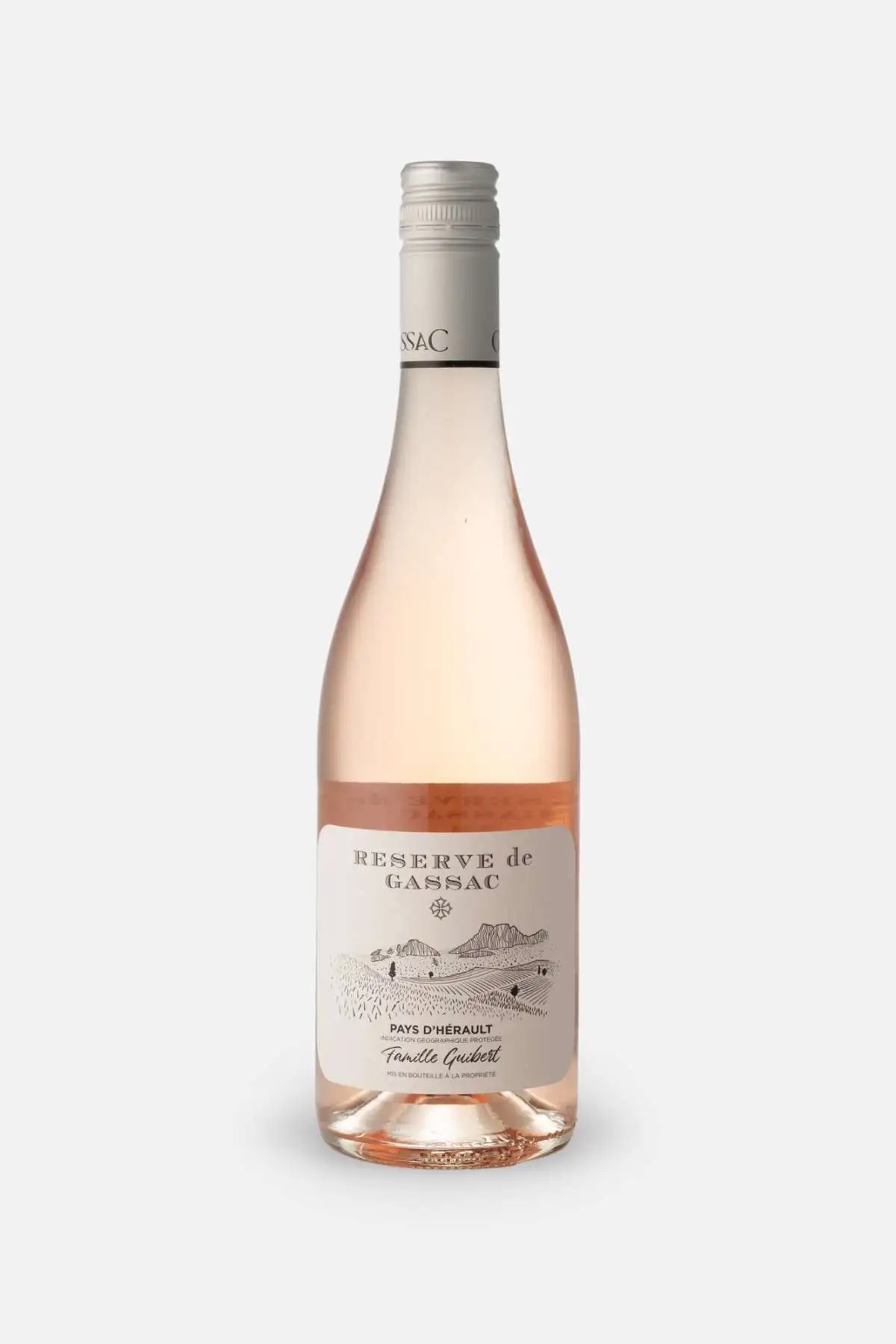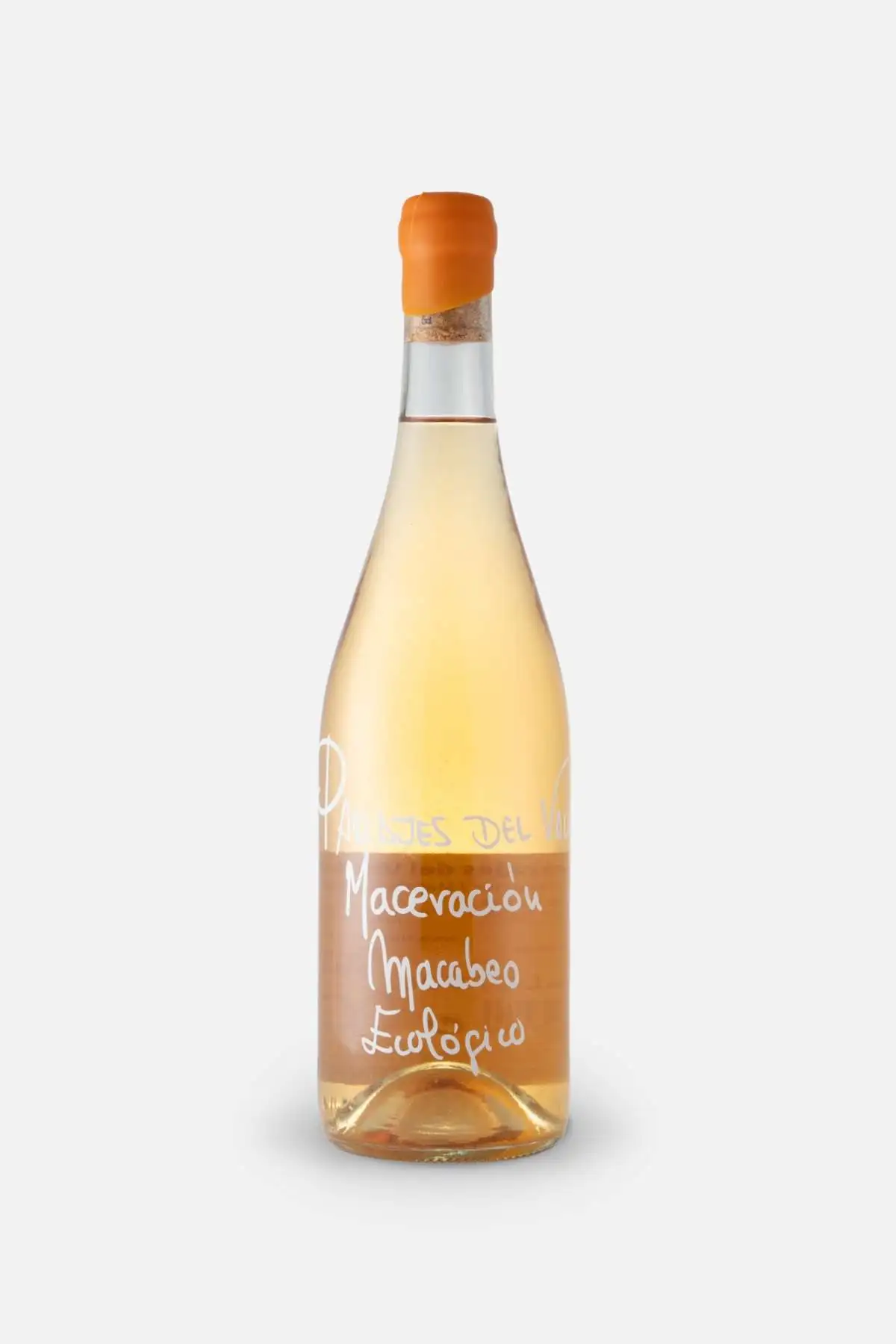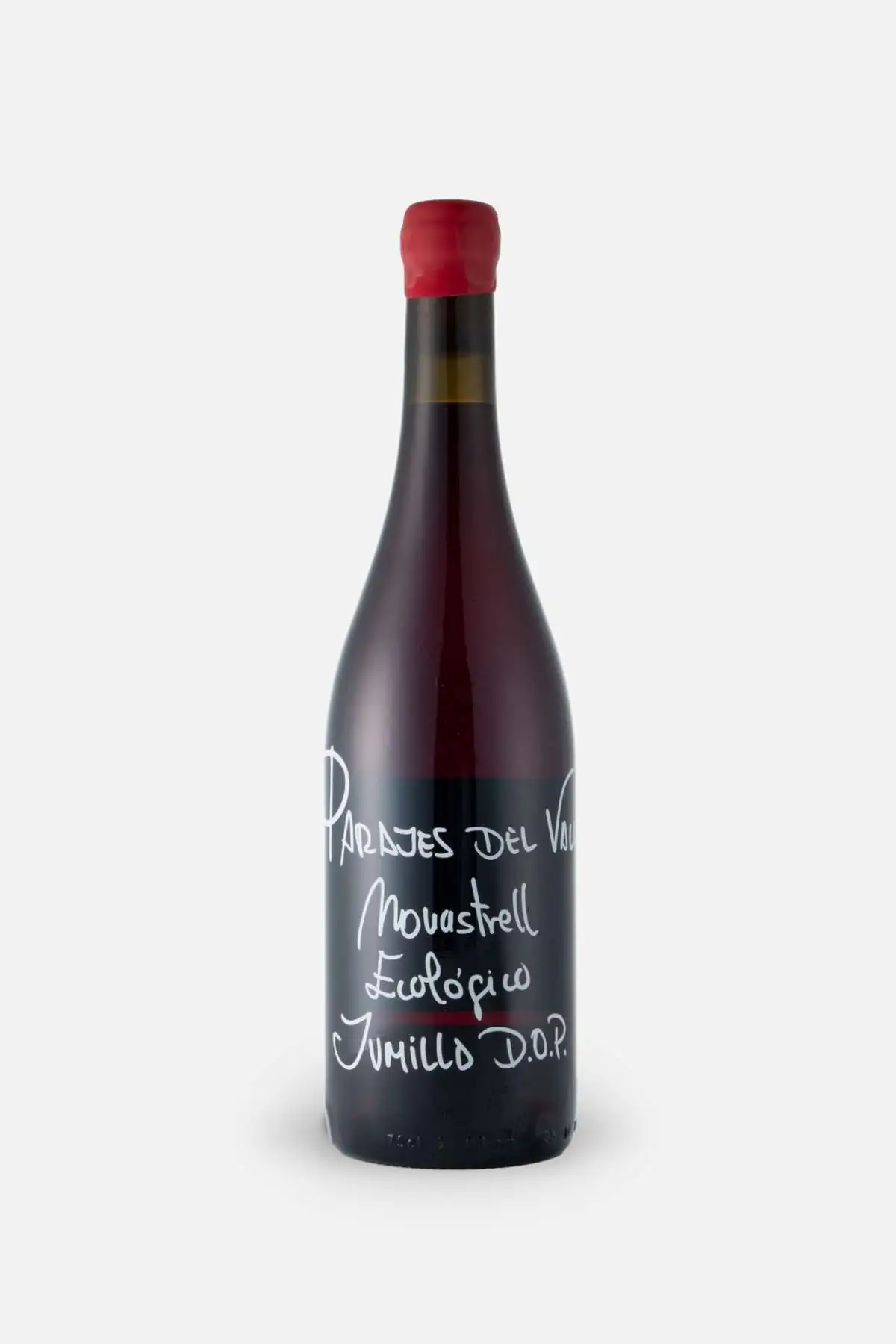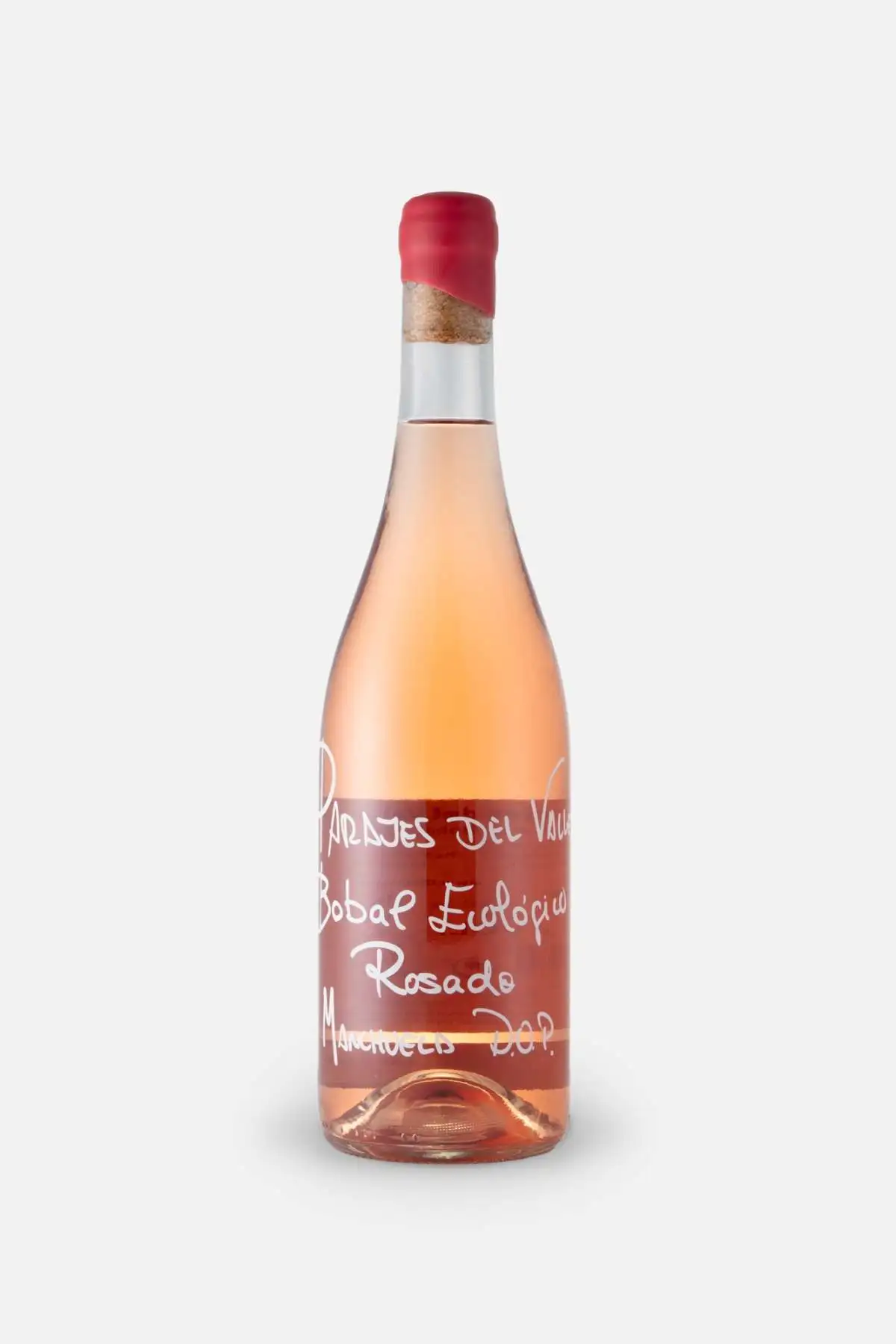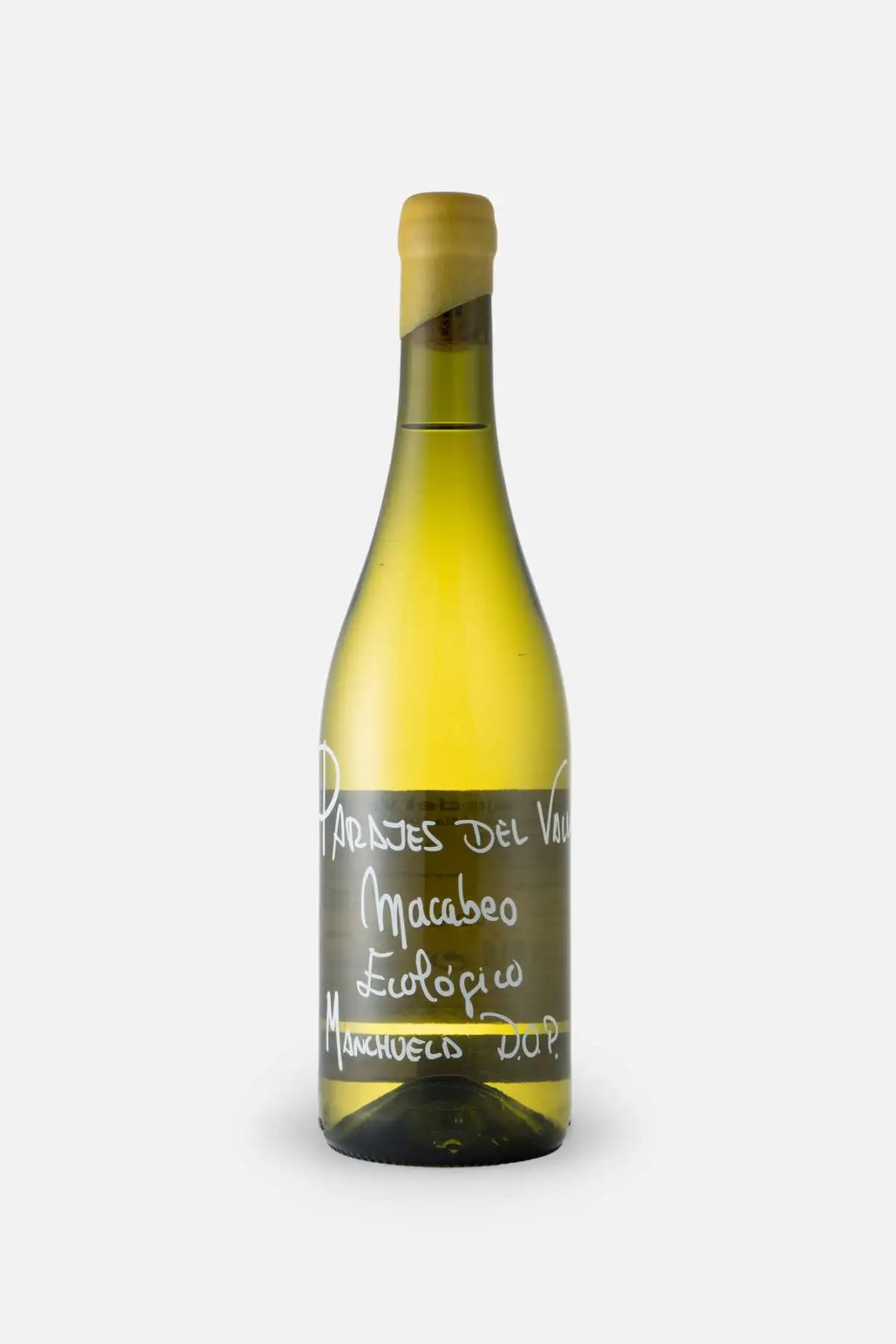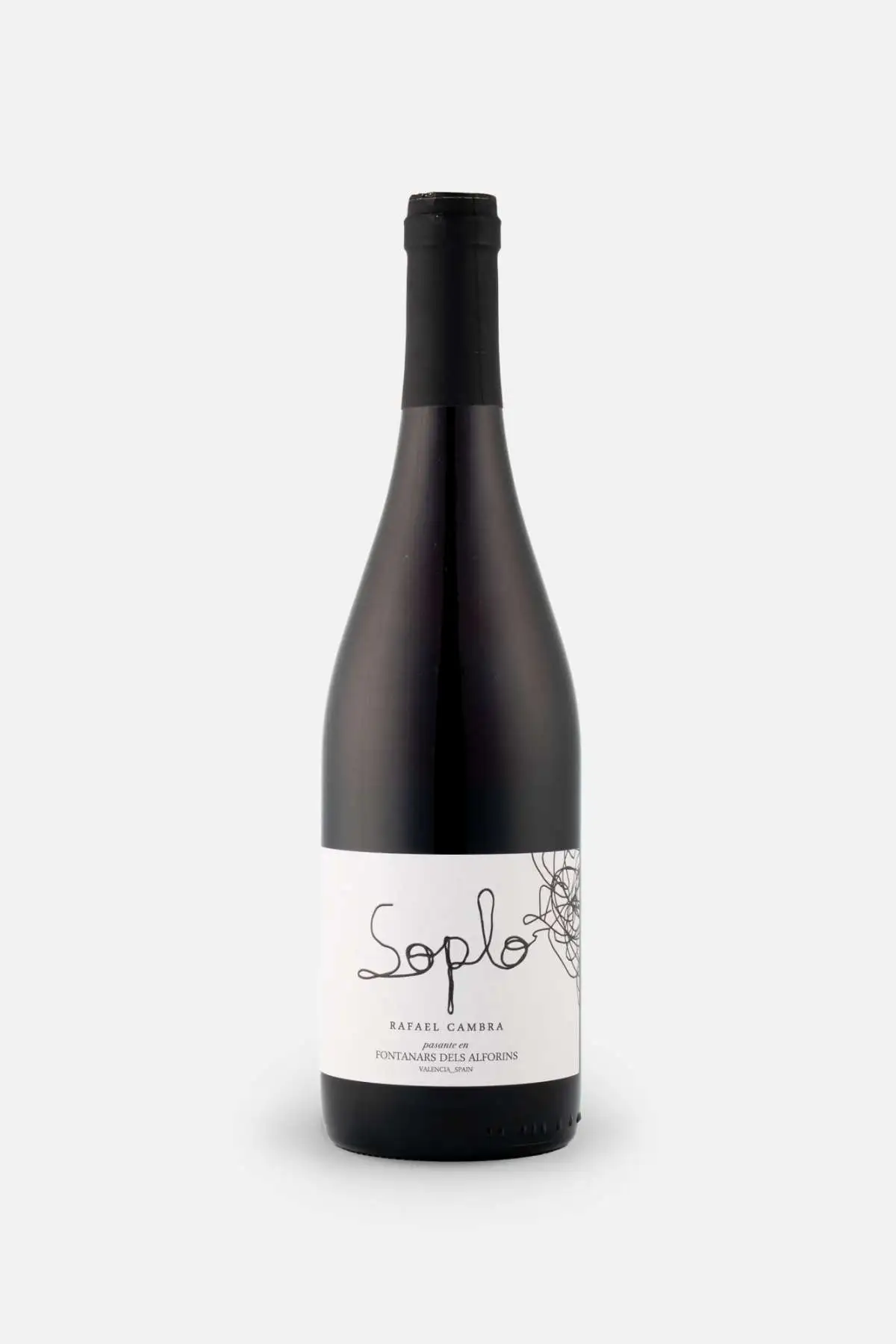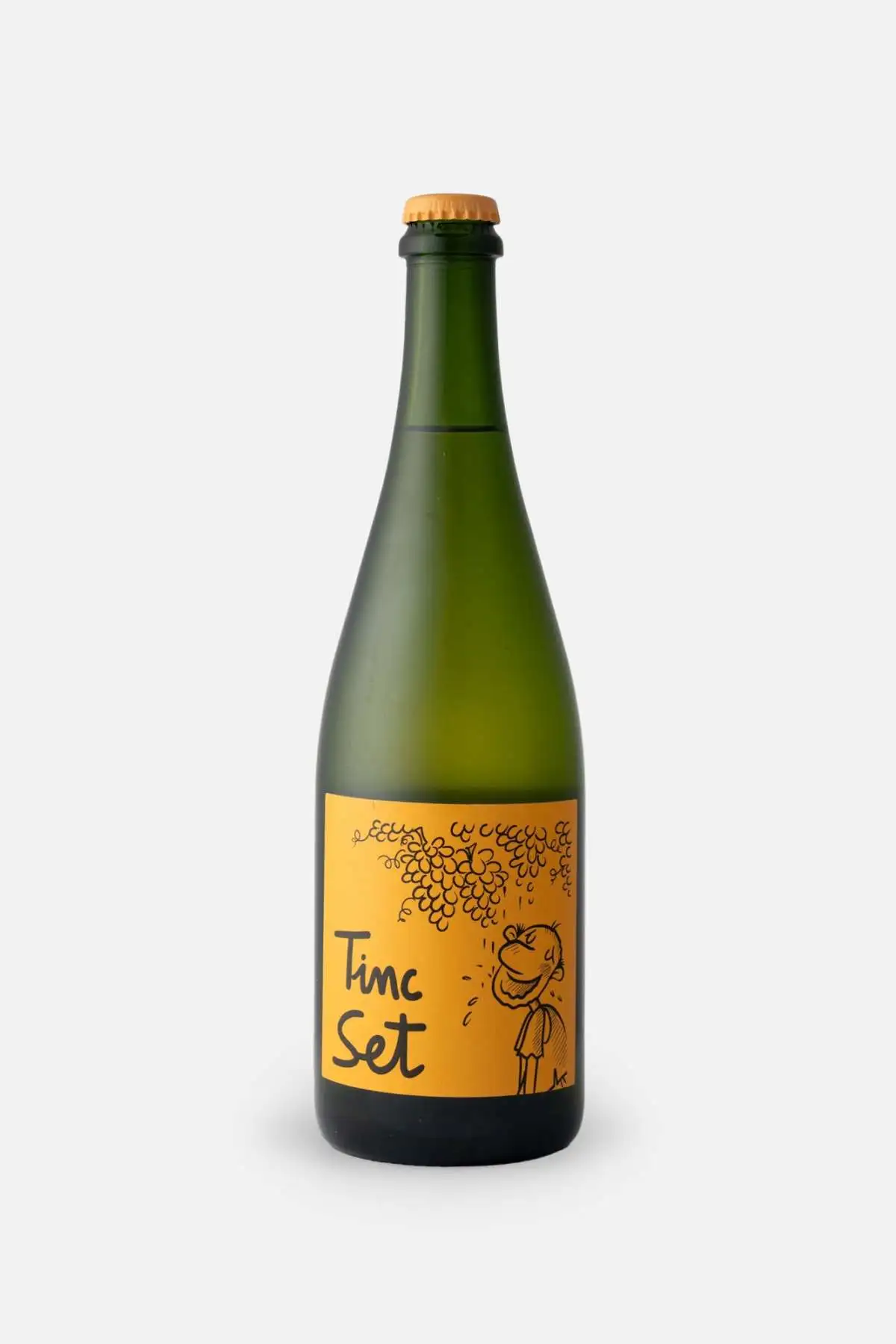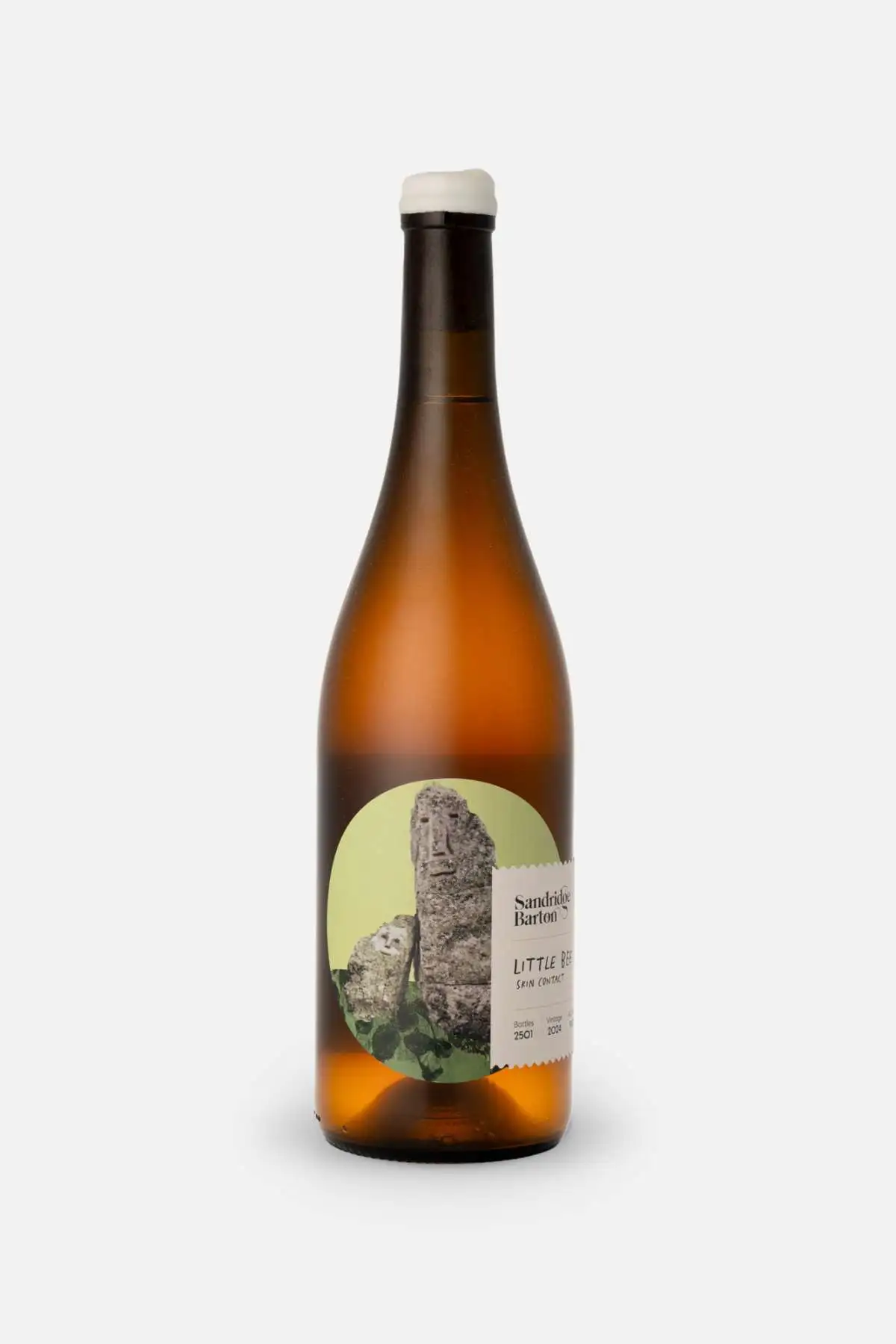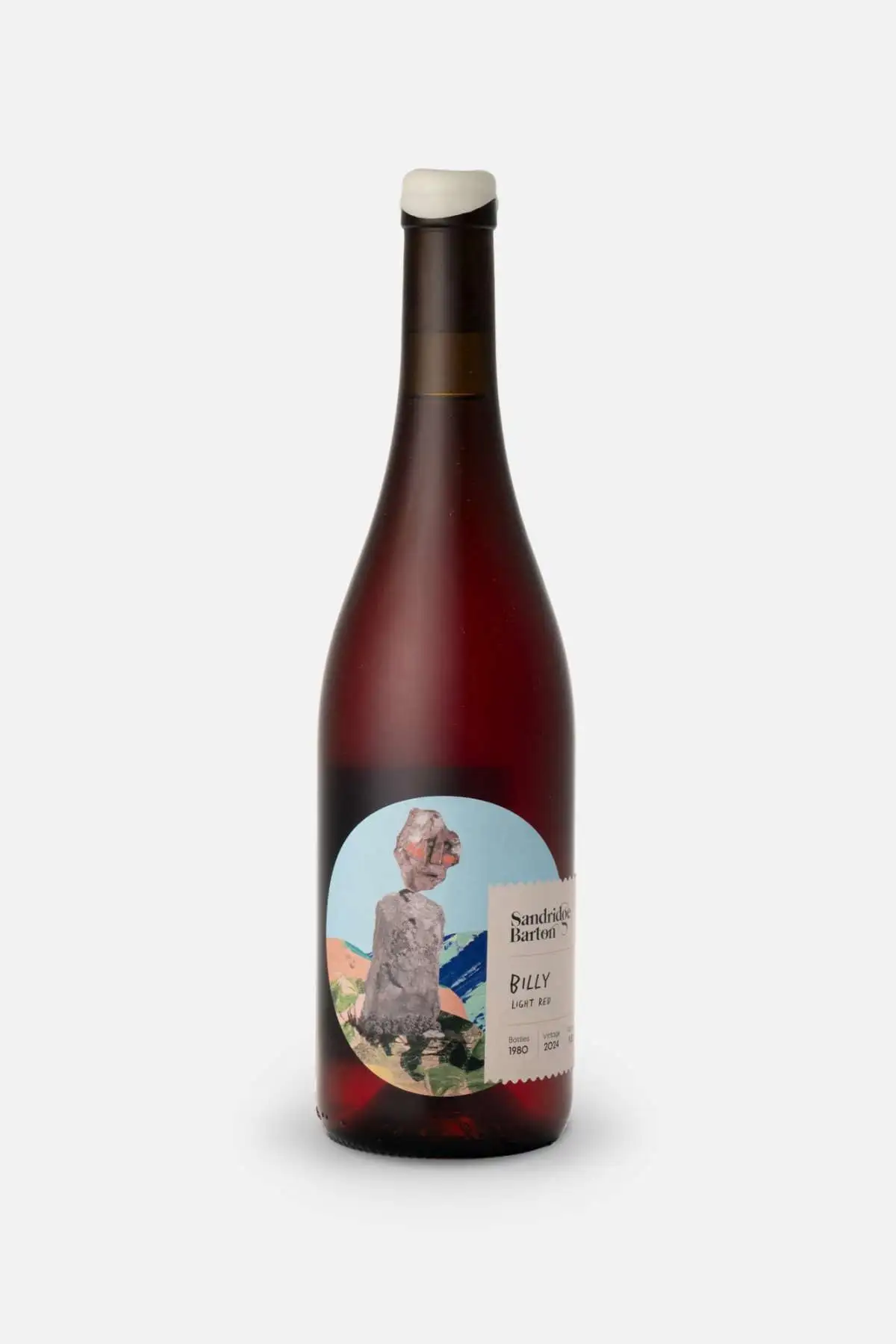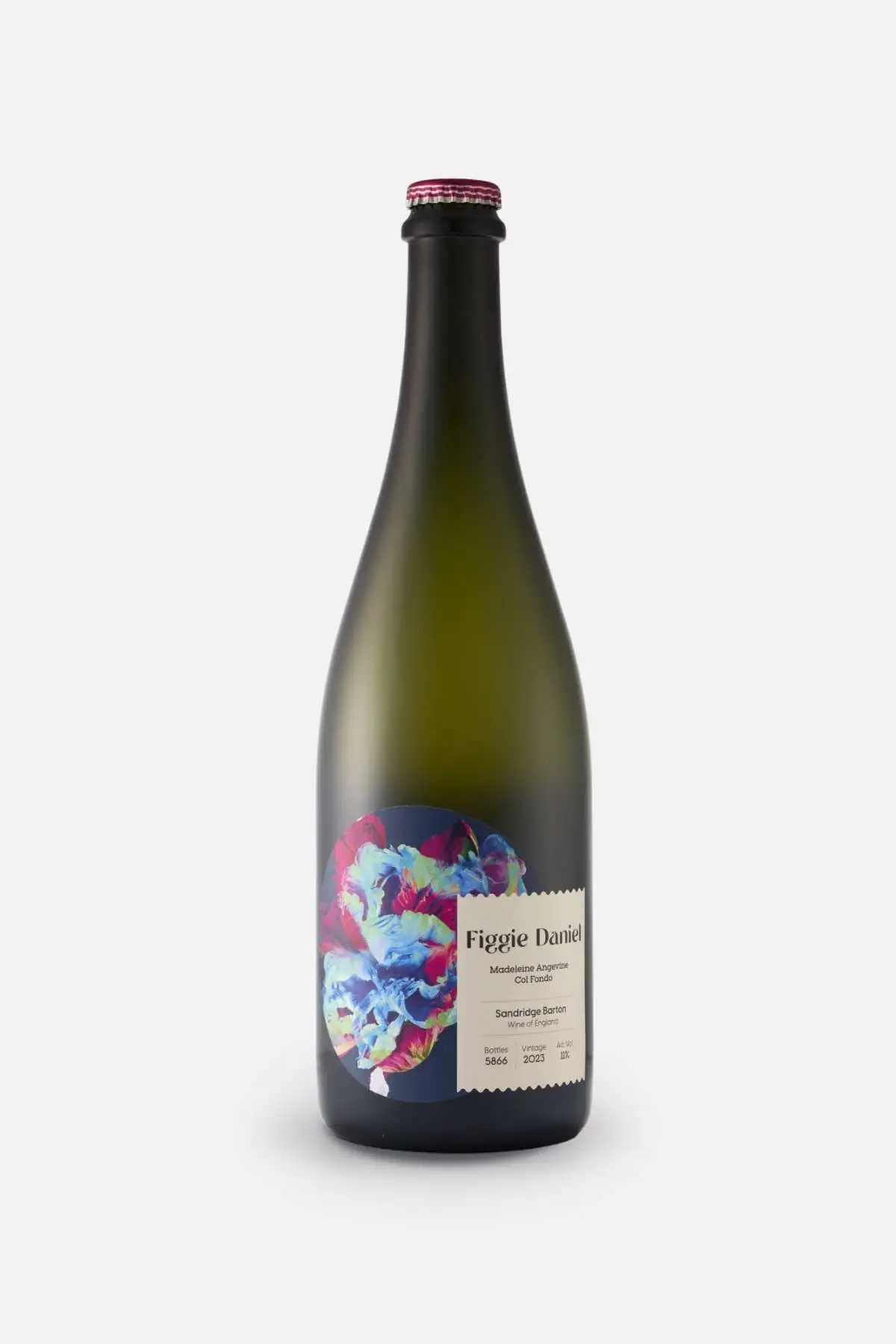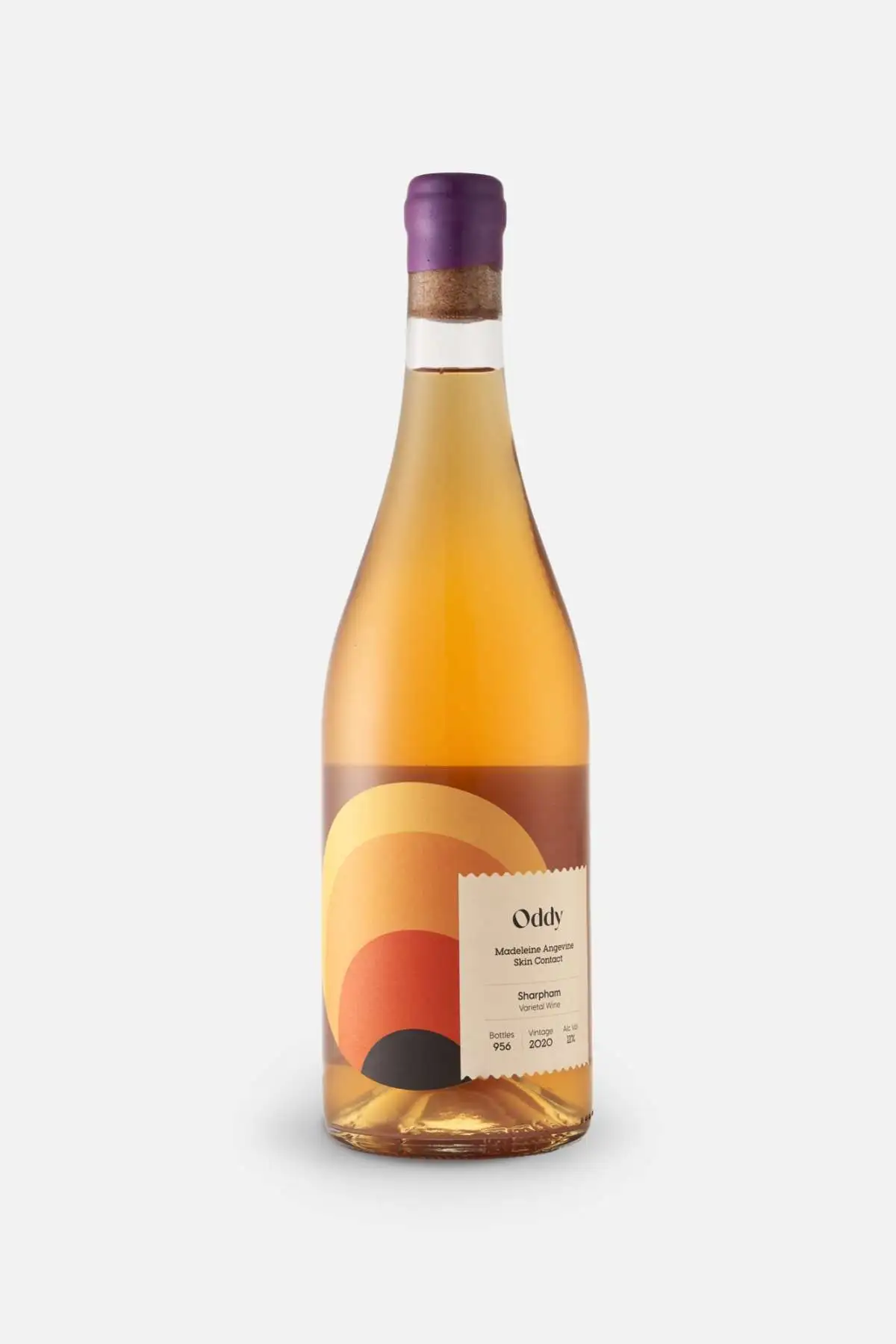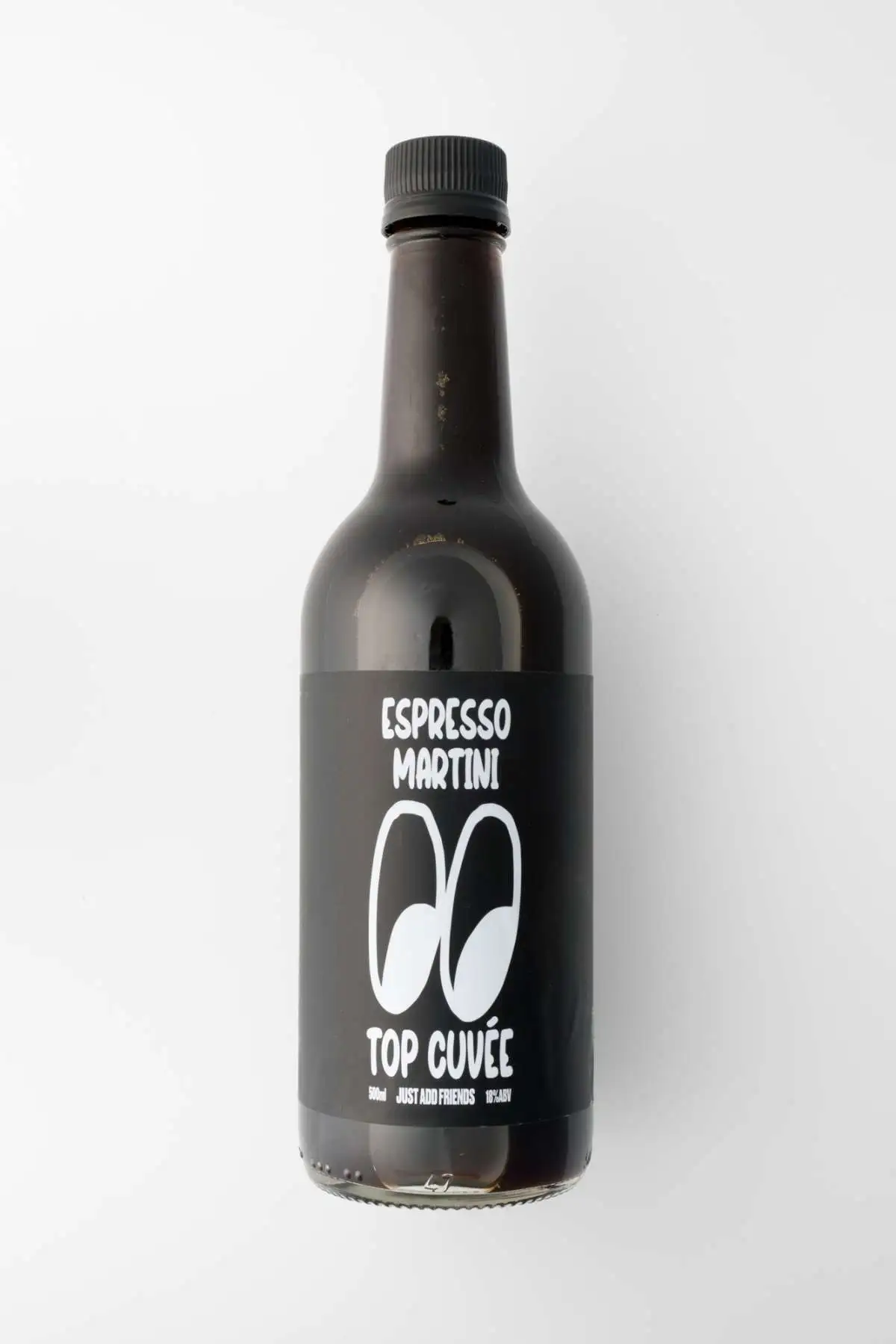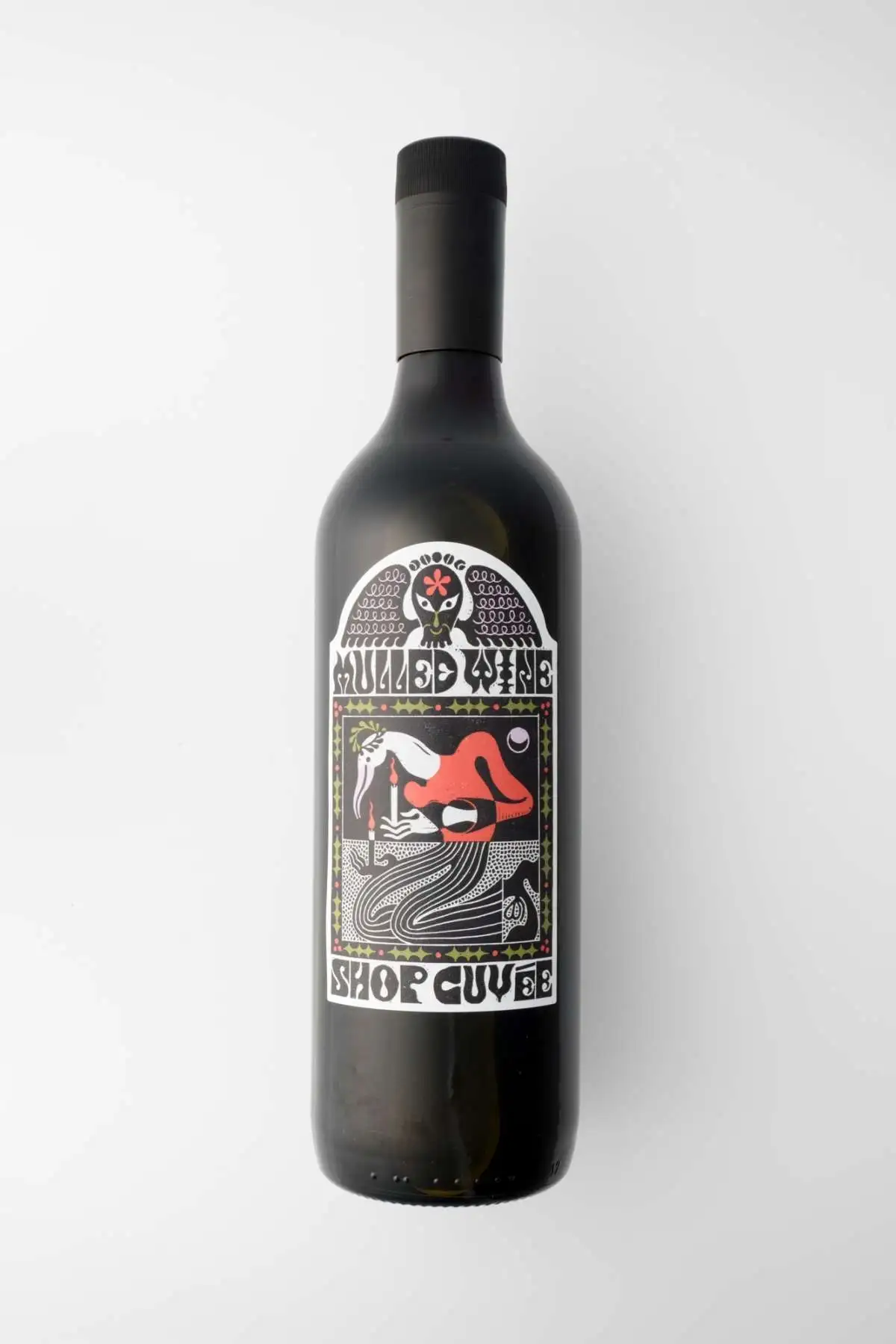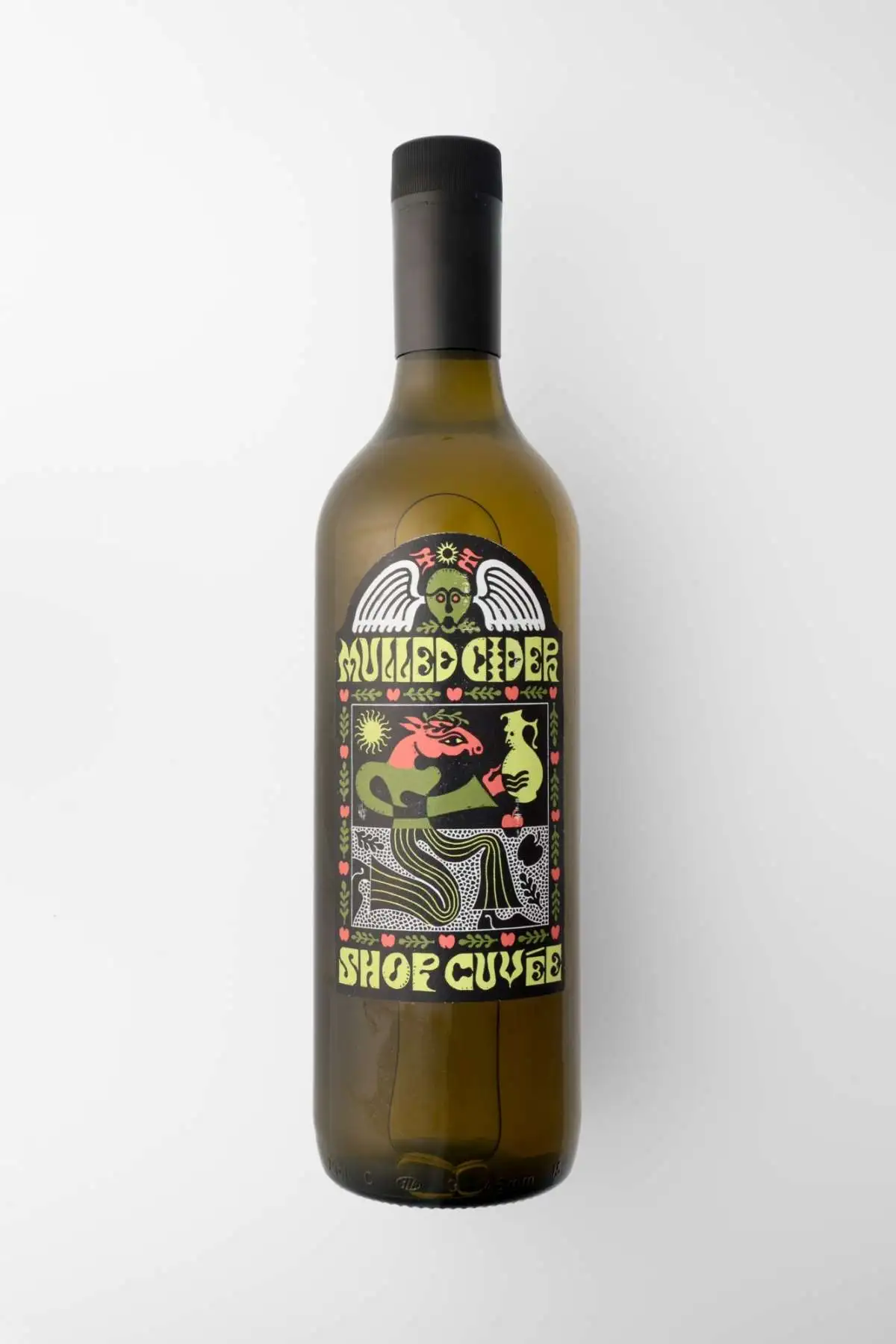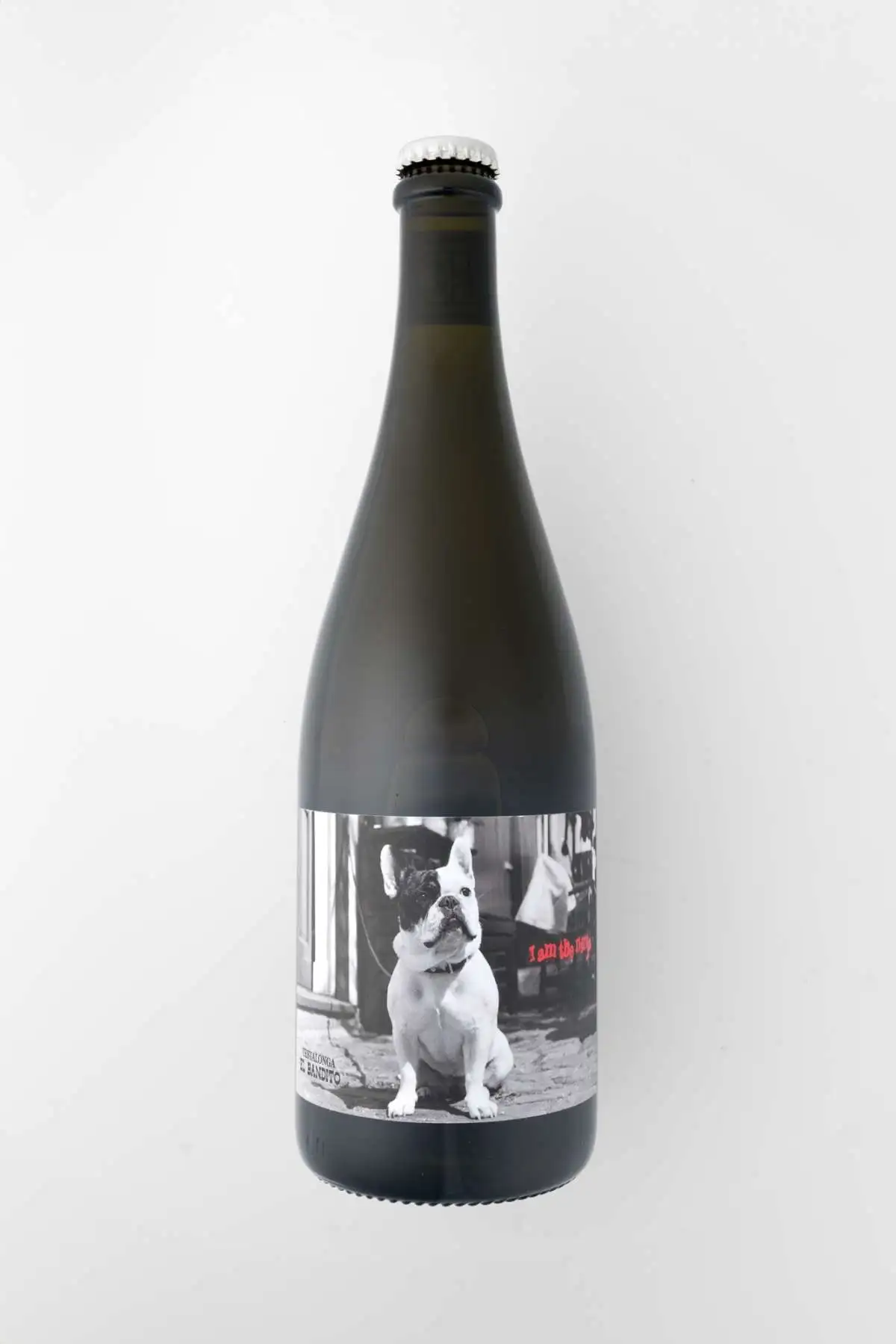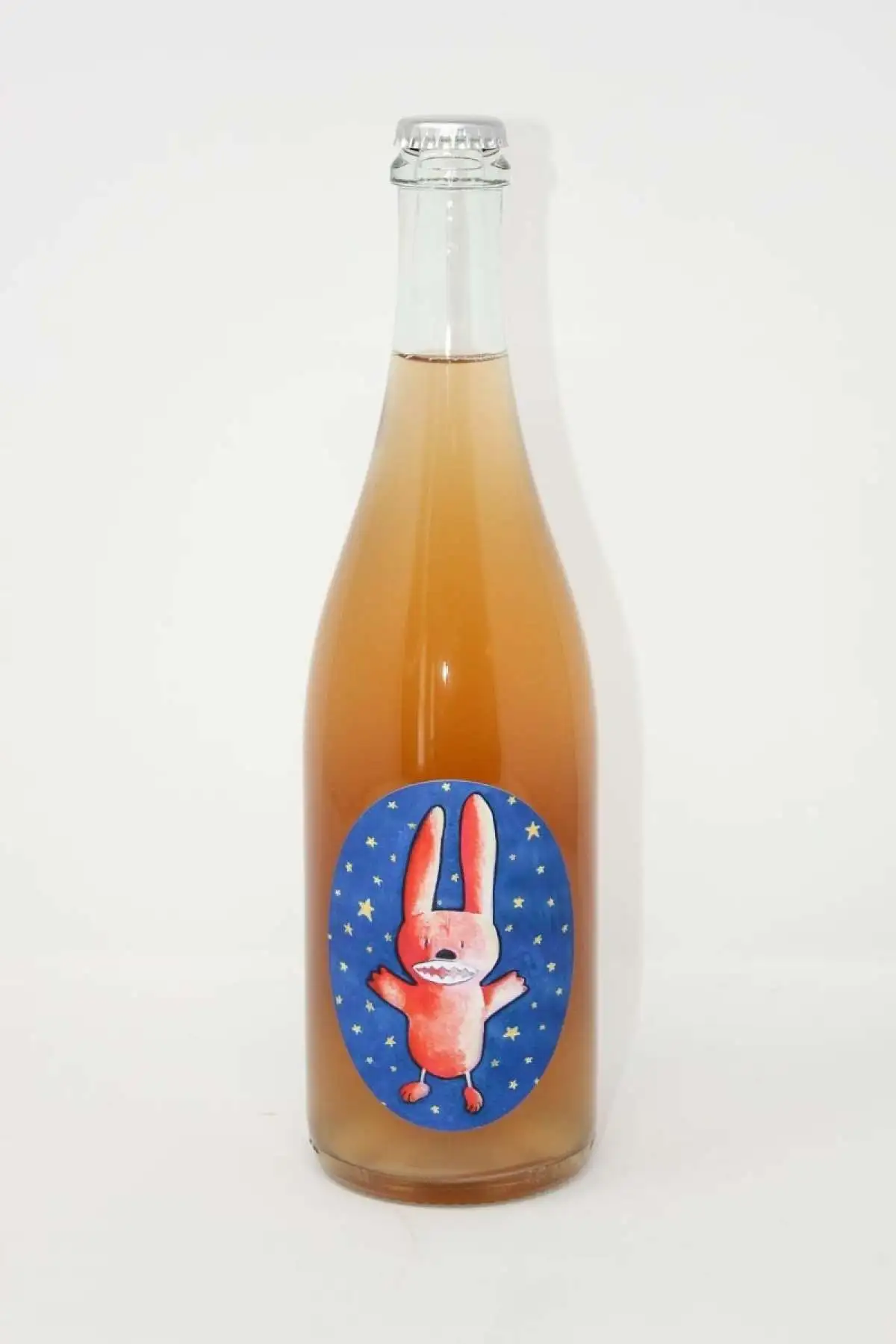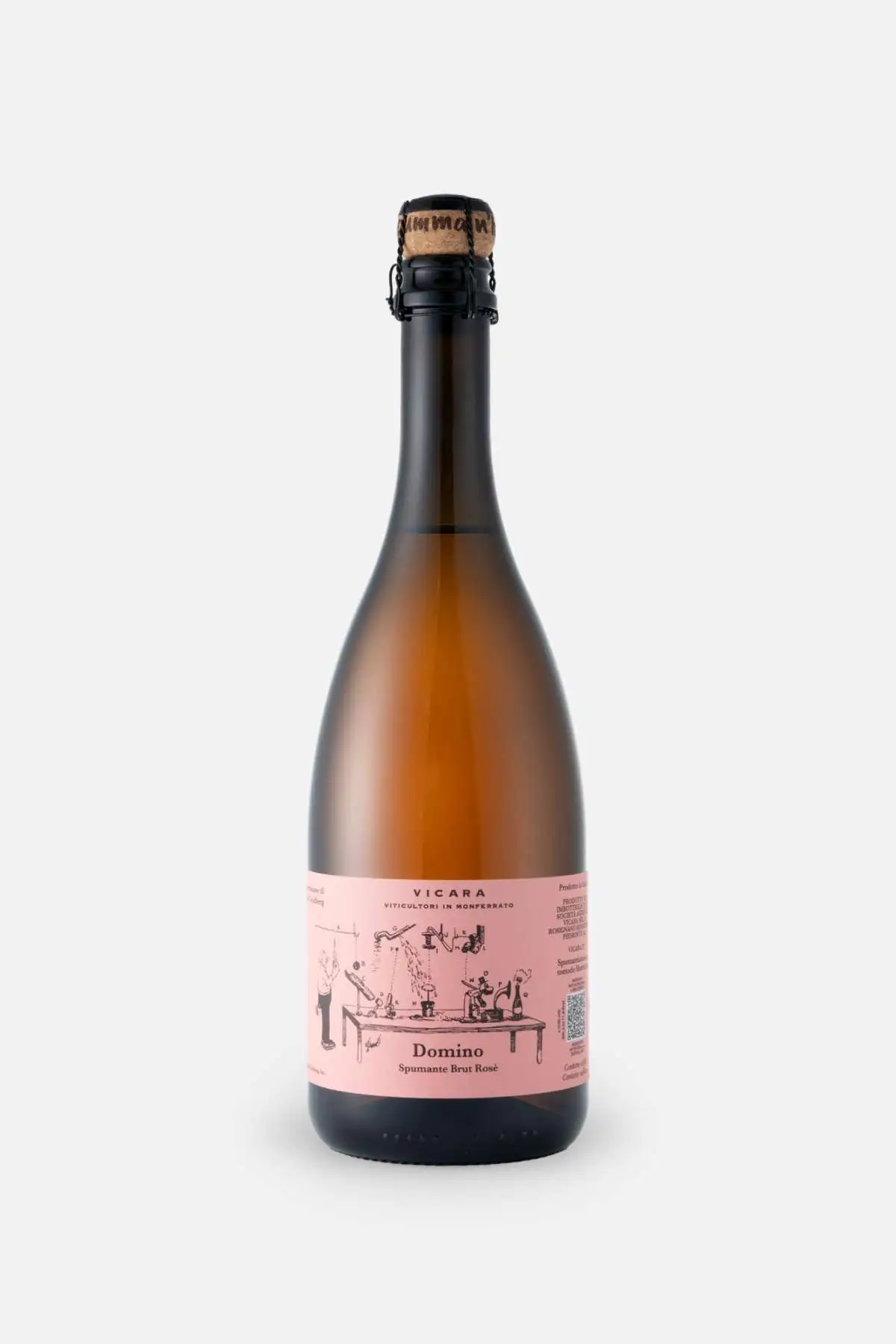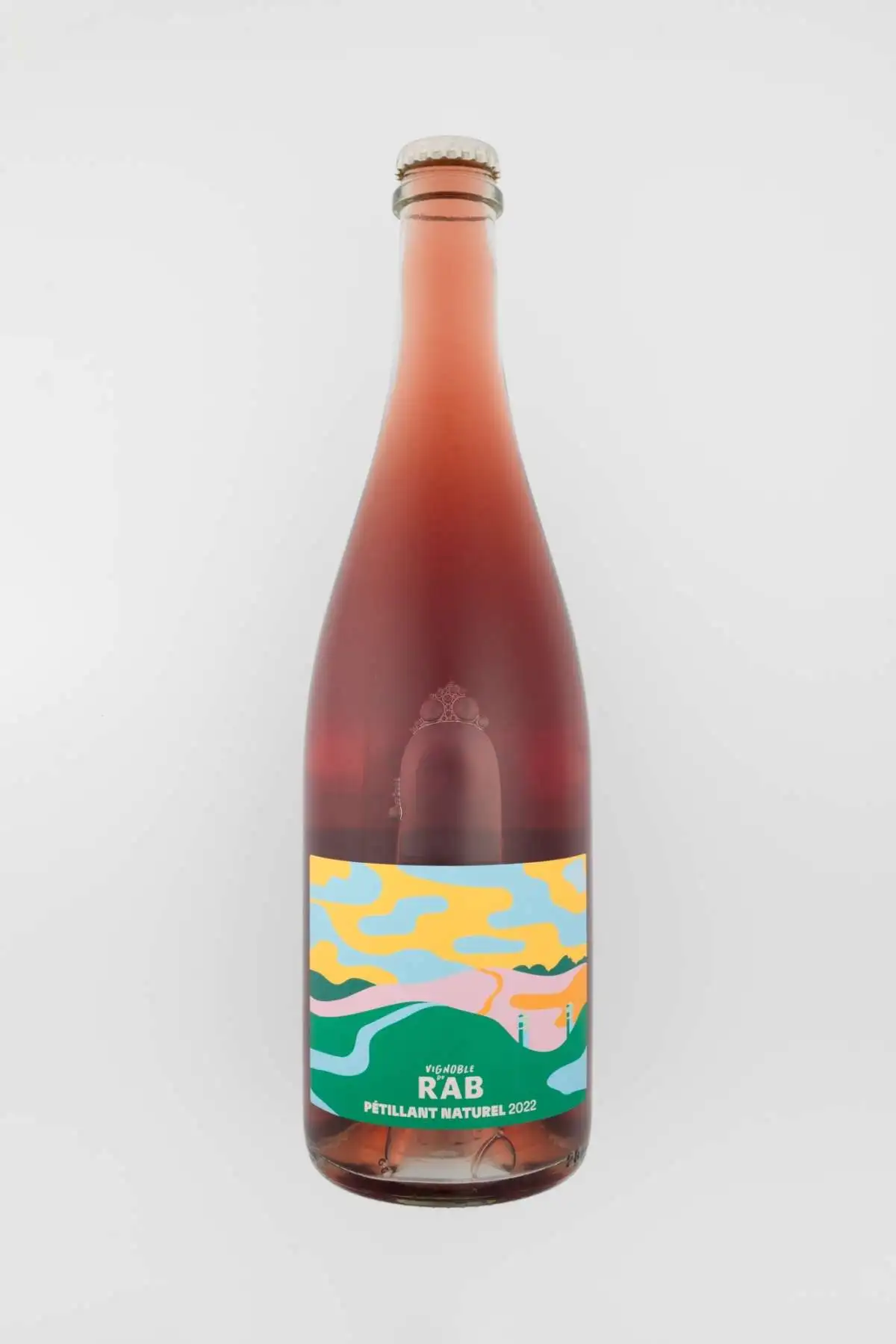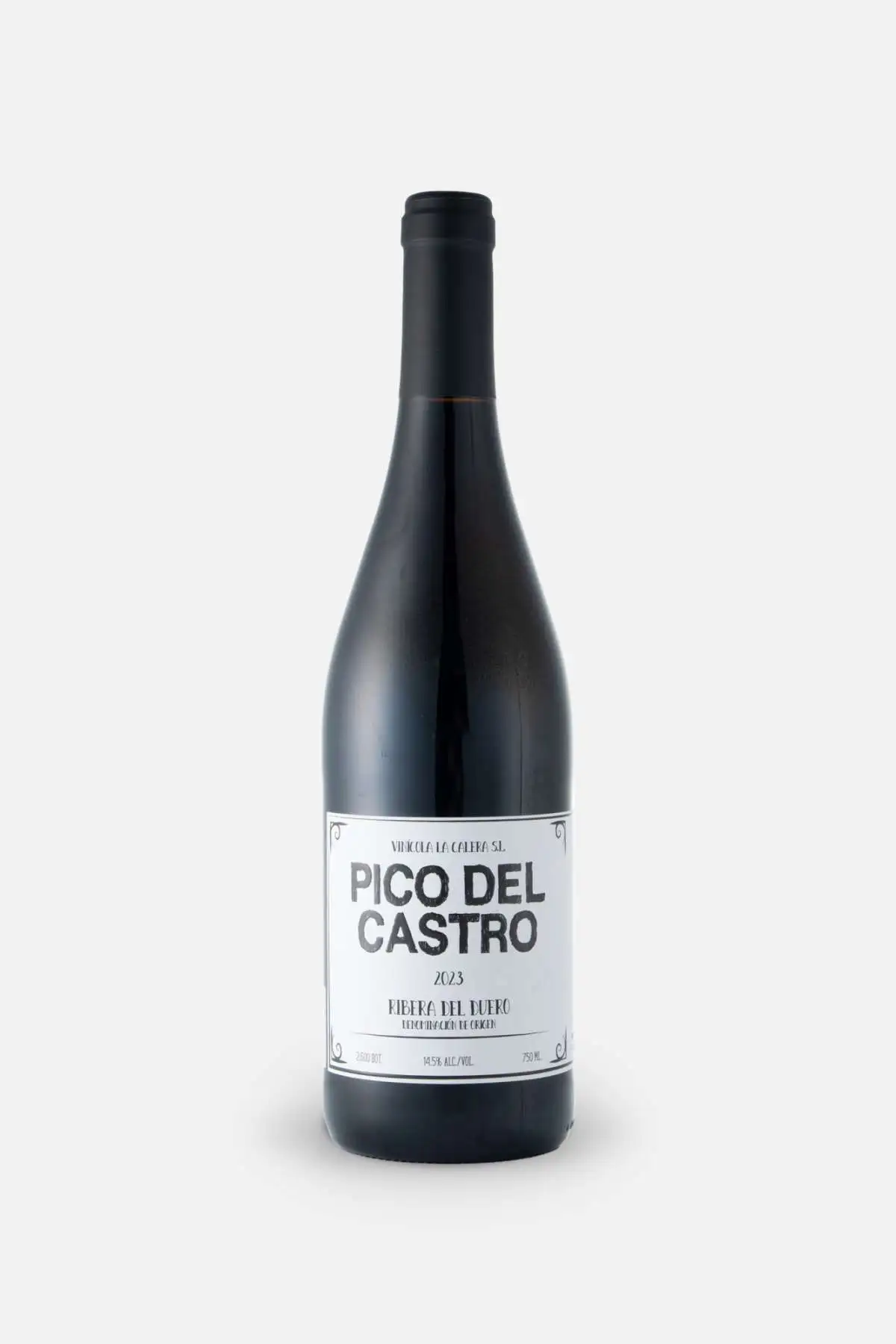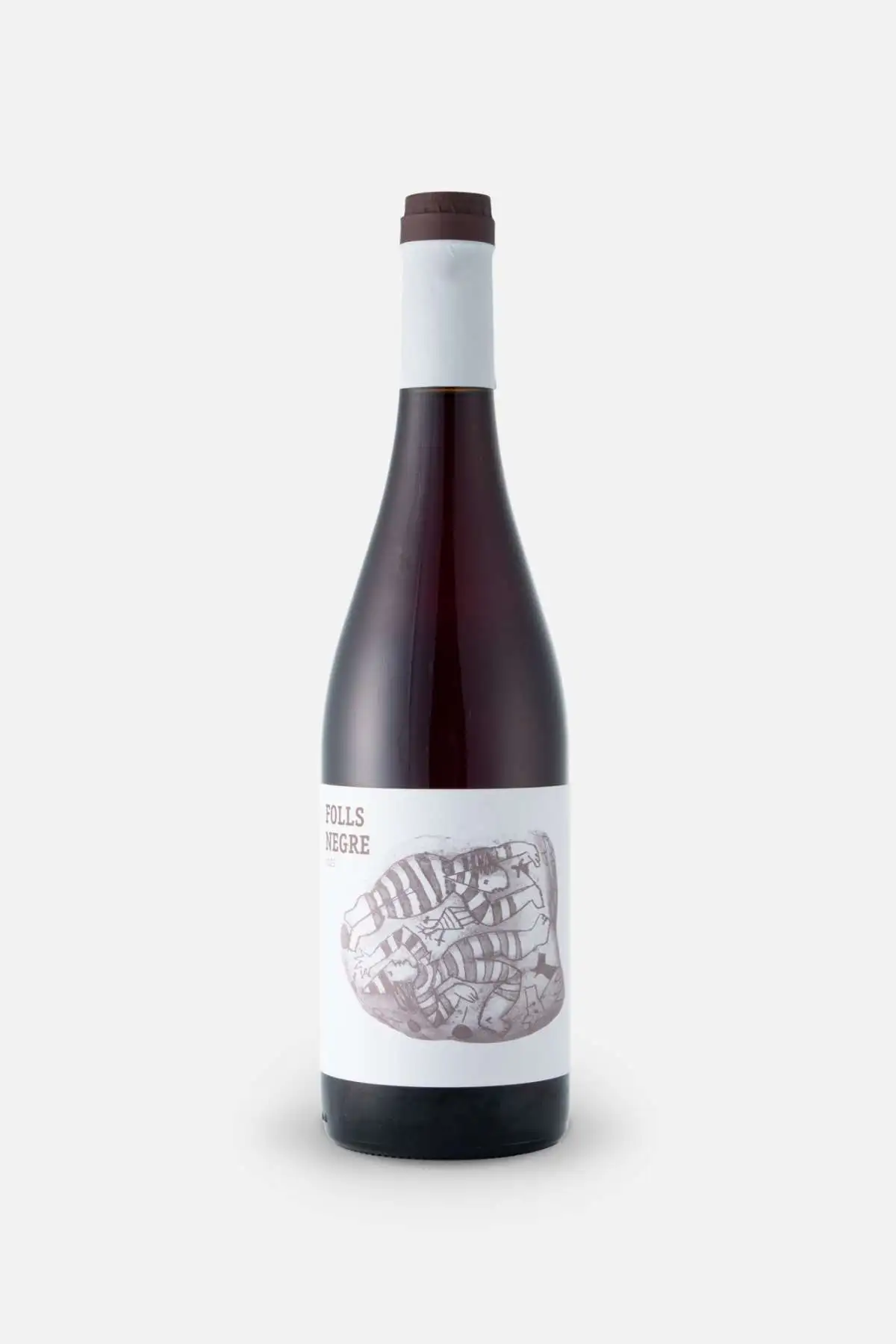Wine Producers
A Los Vinateros Bravos
Founded by Leonardo Erazo in southern Chile’s Itata valley, A Los Vinateros Bravos (which literally translates ‘To the Brave Winemakers’) is a tribute to the wealth of bush vines he inherited, some over a century old, and the growers who’ve gone before who cultivated them. Their wines make use of…
read more →Alex Craighead Wines
Kiwi raised winemaker Alex Craighead founded the Kindeli Wines label alongside his partner Josefina Venturino. Drawn to low intervention winemaking, there wasn't a lot on offer in New Zealand, so they began to experiment with zero sulphur wines in 2013. They turned this side-hobby into a business,…
read more →Alfredo Maestro
Alfredo Maestro vineyards are located within the Ribera del Duero, preferring not to participate in the D.O.(Denominación de Origen ), so the wines are Vino de la Tierra de Castillo y León. Using hand harvested grapes with only organic and biodynamic practices and no sulphur added in the winery or…
read more →Ancre Hill
Founded in 2006 by Richard and Joy Morris, the aim of Welsh estate Ancre Hill is to produce the best possible grapes and deliver wines of the highest quality. Organic since day one, Ancre Hill introduced biodynamic practices in 2011; they gained organic certification in 2013, and Demeter…
read more →Artisans Vignerons de Naoussa
Artisans Vignerons de Naoussa is a union of growers based in the northern Greek region of Macedonia. Their focus is on sustainable viticulture, low-intervention making and especially on growing and bottling the Xinomavro native to the hills of Naoussa with these philosophies in mind. Their…
read more →Bodegas Latúe
Wine producers Bodegas Latúe is a large producer in Villanueva de Alcardete who partner with small vineyards in the La Mancha region. With beginnings as a co-operative in 1954, the Bodegas Latúe operation has been founded on the fertile agricultural history of the region and the sustainable…
read more →Brendan Tracey
A former punk-rocker and DJ turned winemaker, Brendan Tracey’s wines combine his experiences playing in bands in 1970s California with the love he has for his mother’s native country, France. New Jersey born, Tracey moved to France in 1980 and started making his own wines in 2010. His irreverent…
read more →Cal Tiques
Joan Rubió's family, like many in the Catlunyan region of Penedès, stopped making wine and were forced into selling their grapes to a monopoly of Cava estates. Rubió's desire to make wine in his own way saw him head up Cava house Recaredo before stepping away in 2015 to revive his own family's…
read more →Cantine Amato
When Sicilia IGT was promoted to Sicilia DOC, one of the main aims was to improve the quality of wines made with native Sicilian grapes instead of promoting international varieties. Cantine Amato, in the province of Messina, is certainly living up to these aims by making an outstanding range of…
read more →Casa Belfi
Casa Belfi is the result of the union of Albino Armani, whose family have been making wine at the estate since 1607, and wine maker Maurizio Donadi who together established the company with its current principles in 1999. Situated at San Polo di Piave, north of Venice in the Marca Trevigiana wine…
read more →Castello di Stefanago
Castello di Stefanago is an Italian winery situated in the hills of lombardy. The family-owned estate has been committed to honouring the terroir and ecosystem of the region for generations, and made the switch to organic viticulture in 1998 in line with this ethos. Stefanago’s winemaking is a…
read more →Catherine & Pierre Breton
The family vineyards of Catherine & Pierre Breton have been anchored in the Loire Valley since 1886, more than five generations. The Bretons are well versed in the practices of natural viticulture, having received organic certification in 1991 and introduced biodynamic methods in 1994.…
read more →Champagne Maxime Blin
Maxime Blin is a fourth generation winemaker growing Pinot Noir, Pinot Meunier and Chardonnay, the three main grape varieties of Champagne, and producing Champagne on his family’s estate in Trigny. Since 2018, Maxime and his wife Claire have taken the estate down an organic path and built…
read more →Chasing Rabbits
Chasing rabbits is a collaborative label, made jointly by Indigo Wines and Corlea Fourie of Bosman Family Vineyards on South Africa’s Western Cape. The focus of this project is on producing high quality young Grenache fruit and creating wine with real clarity and expression of the grape using…
read more →Château Baby Girl
Otros Vinos founder Fernando Barry is the man bringing the finest Spanish natural wine to our shores and he’s been picking up knowledge, friends and grapes along the way. The result of his journey is his own wine label, founding Chateau Baby Girl in 2020 with his pal London hospitality star Michael…
read more →Château Beynat
Château Beynat in the Castillon Côtes-de-Bordeaux AOC. The 100 year old estate was acquired in 2008 by Alain Tourenne, realising a childhood dream in the process. Tourenne immediately converted the 17 hectares to organic viticulture, and made the change towards farming biodynamically in 2018.…
read more →Château Cambon
Chateau Cambon was bought by Marcel Lapierre and Jean-Claude Chanudet back in 1995. They then did the pretty daunting job of restoring the estate- and by estate we mean a bankrupt chateau in disrepair. It’s now a working winery and vineyard, no small feat by any stretch of the imagination. The…
read more →Château des Vergers
Cosima Bassouls is a young winemaker at the forefront of the Beaujolais’ wine region’s new generation. After years training in agro-ecology focusing on organic and regenerative agriculture, she took over her family’s estate Château des Vergers and began implementing her own systems on the…
read more →Château Le Roc
The 38 hectare estate was first taken on back in 1981. By Jean-Luc Ribes who was later joined by his brother Frederic and then Pierre & Kathy. Now the next generation, Grégoire & Anne are stepping up and taking over the winery. Château Le Roc estate is in Côtes du Frontonnais, the wine…
read more →Château Saint Cyrgues
Château Saint Cyrgues is based in the village of Saint-Gilles near Nîmes in the Cotes-du-Rhone where father-son team Jean-Pierre Lefaud and Loic who have carried out their making and growing according to strictly organic principles since they took over the estate in 2015. Rich in history, the…
read more →Château Tour Des Gendres
Château Tour des Gendres is located in Ribagnac, a small commune near Bergerac in the Dordogne. Luc de Conti is the third generation of an Italian family who settled in the region and began farming, and was the impetus of the family's wine business. Ahead of their time, the family began…
read more →Ciello
You could easily believe that the blood of the dynamic Vesco family actually runs red with wine. Since acquiring their vineyards (which sit high in the Alcamo Hills of Sicily) in the 1990s, they have revolutionised the viticulture practices, implementing organic methods and heavily investing in…
read more →Costador Wines
Joan Franquet's Costador Wines operates from plots on a singular mountain in Catalunya using biodynamic vineyards of indigenous grapes. The majority of the vines range in age between 60 to 110 years, spanning multiple terroirs at high altitude. Not only does Joan have the usual struggles of…
read more →Davenport
In 1991, while simultaneously working for a vineyard in Hampshire, Will Davenport planted 5 acres of vines at Horsmonden in Kent. Not that he knew it then, but this was the beginning of a life-long business as a wine producer. A keen advocate of organic farming, Davenport converted all the vines…
read more →Delinquente Wine Co.
Rule breaking and boundary pushing is in the name for Greg Grigoriou's Delinquente Wine Co. Delinquente makes small batch, minimal intervention wines with Southern Italian grape varieties organically grown in their native Riverland, South Australia. In flavour and personality, their super fun…
read more →Domaine de Mena
Like many small producers they started their winemaking journey selling their product to a local co-op, then began experimenting with natural winemaking, focusing on 10 hectares of outstanding indigenous variety bush vines. Their name 'De Mena' (from nature in Catalan) runs through everything they…
read more →Domaine La Providence
Domaine La Providence sits in the Coteaux d'Aix-en-Provence wine region, in the far west of Provence. Jean Benoit and Bénédict Comor's dreams of starting their own estate came true in 2017 when they bought their 18 hectare parcel in the village of Lambesc. They quickly moved the land away from the…
read more →Dominio de La Vega
Founded over 40 years ago, Dominio de la Vega was the first producer of Cava in the Requena region of eastern Spain, where the Mediterranean has a big influence. The ‘Vega’ the estate’s name refers to is the flat, fertile, lowland near the Mahro River where they grow Macabeo for an expressive,…
read more →Doom Juice
Founded in Sydney by Sebastian Keys and Zachary Godbolt, Doom Juice and its moniker 'made in hell', have become a cult brand as a key part of the ridiculously cool Aussie natural wine scene. Their big party vibes wines took off in 2020 just as COVID was kicking off, but their smashable wines…
read more →El Montañista (Pancho Bugallo)
Husband and wife duo Pancho and Nuria Bugallo not only make the most of the unique climate of Argentina’s Calingasta Valley by being passionate hikers but also by creating traditional wines using heritage varietals- that is when they're not climbing the mountains of San Juan of course. Their…
read more →El Mozo
Gorka Mauleón and Itxaso Compañon both come from wine-growing families in Rioja and were determined to not let the tradition of artisan Rioja wine making die at the hands of industrial producers. With Itxaso's family on the brink of selling up, the couple stepped in and decided to vinify their own…
read more →Entre Vinyes
Entre Vinyes is an organic project from Catalunya based Maria Barrena and her husband Josep. They make use of third generation grower Josep's family vineyards near Penedès's mediterranean coast, where they grow Xarel-lo, Macadeu, and Parellada on old vines. In their converted winery, they make…
read more →Fento Wines
Fento Wines is a young, family-run business that focuses on creating natural wines from Rias Baixas which sits on the Spain-Portugal border and working with small winemakers from further afield. Winemaker Eulogio Pomares has a real talent for bottling the terroir of a region. Their La Galaxia…
read more →FIN Wines
FIN Wines are the epitome of fun, up-and-coming winemakers. Based in Victoria, Australia, the collective was founded in 2020 by JonJo McEvoy, Oliver Johns, and Angus Hean with an output focused on drinkability and "minimal faffing". Since inheriting the 10 acres of vines they call the 'finyard' in…
read more →Francois Ducrot
Languedoc based Francois Ducrot's product prioritises good wine from good grapes. Francois recognises that organic viniculture can be restrictive, and his process of gradually letting the vines become autonomous and stimulated by nature is especially necessary in this period of unprecedented…
read more →Gentle Folk
Gentle Folk biodynamically farms five sites eight hectares of vines in the Basket Range in South Australia's Adelaide Hills where they grow between September and April, while also maintaining great relationships and purchasing from other growers in the region. Founders Gareth and Rainbo Belton, a…
read more →Germán R. Blanco (Lively Wines)
Young Spanish winemaker Germán Blanco's projects are based in small villages across several of Northern Spain's most famous wine regions; Ribera del Duero, Bierzo and Rioja, and grouped under the umbrella Lively WInes. With Quinta Milù and Casa Aurora, Blanco sought to tell the stories of their…
read more →Gonzalo Grijalba
Wii Gonzalo Grijalba, the maker of Gran Cerdo, has dedicated their wines to the bank executives who refused to offer them loans on the basis that wine is not a seizable asset. Their hope is that those “greasy and sweaty corporate suits” (represented by the money eating pigs on the label) will…
read more →Hervé Villemade
Hervé Villemade comes from brother-sister duo Hervé and Isabelle whose family have farmed in Cheverny in the Loire Valley since the 1930s. After trying natural wine in the late 1990s Hervé decided to embark on this non-interventionist path and the pair began converting the domaine to organic.…
read more →Indigo Selections
Indigo Wine is a London based importer of artisanal wines who source wines from lesser known regions and with a particular focus on indigenous grape- often from producers who grow organic or biodynamic grapes. Their Indigo Selections collection shows off the hard work of talented growers committed…
read more →Jean-Claude Lapalu
Jean Claude Lapalu’s wines have earned him a reputation as one of the best natural winemakers in Beaujolais. His family had also cultivated vines, but largely sold their grapes to co-operative makers, where Jean-Claude has focused his attention on viniculture. With around 12 hectares of non…
read more →Judith Beck
Judith Beck is a true force of nature with a reputation for producing quality, affordable wines without compromising the health and sustainability of her vineyards. Her family run estate, situated in Burgenland, Austria, has been farmed in accordance with biodynamic principles since 2007 with the…
read more →Jumping Juice
Jumping Juice is a project from Australia's Xavier Goodridge together with longtime friend Patrick Sullivan, both Victorian natural winemakers. While the pair manage their own individual smallholdings, with Jumping Juice they had free rein to source the best fruit from across the nation to create a…
read more →La Voluta
La Voluta's focus is on indigenous varieties which grow well in the arid, Mediterranean climate. Their old vine Grenache and Syrah produce low yields but very concentrated wines like Loro that are punchy and herbaceous and really show off the Pyrenean terroir. All farming is uncertified organic,…
read more →Labadens
French winery Labadens make organic wines across the Rhône Valley. The label, which translates to companion or classmate, is a project based in the friendship of Thomas Oui and Fanny Breuil who met in Toulouse at Agronomy school. After meeting and working with growers across Ventoux and Vacqueyras,…
read more →Le Bon Côté (Ben Henshaw and Domaine des Lauriers)
Le Bon Côté (The Bright Side) is a side project of Domaine des Lauriers and Indigo Wines founder Ben Henshaw, born from a mutual desire to showcase Languedoc Wines with sustainability and accessibility at its forefront. The Domaine is Terra Vitis certified, a regulation designed to maintain long…
read more →Les Caves de Pyrene and Luca Hodgkinson
The La Patagua and La Cueva wines were born of a collaboration between importer, distributor and retailer of wines Les Caves de Pyrene and winemaker Luca Hodgkinson. The aim of their project is to produce excellent value, natural wines that faithfully reflect the place they come from. Both parties…
read more →Les Hautes Terres
Les Hautes Terres, run by Geneviève and Gilles Azam, is an idyllic estate nestled on the slopes of the Aude Valley. The couple have been slowly building the domain over the past 20 years, and they take pride in their deep knowledge and understanding of the land. The estate sits at high altitude…
read more →Lo-Fi Wine
Santa Barbara based Lo-Fi Wine take inspiration from music in their natural winemaking philosophy. Lifelong friends Mike and Craig, the brains behind the partnership, say: 'Wine is like life and music. Both are filled with resonance, distortion, simplicity, modesty and intimacy''. Nothing is added…
read more →Marcio Lopes
After studying as an engineer, Márcio Lopes turned to winemaking; first as understudy to Vinho Verde master Anselmo Mendes and then learning more about cool climate Australian viticulture in Rutherglen and Tasmania. The Portuguese grower returned to native soil in 2010 and has since established…
read more →Martin and Anna Arndorfer
From their home in Austria Kamptal region, Martin and Anna Arndorfer have made it their mission to produce wines that unite origin and passion, that have a strong sense of place and personality, focusing on Austrian grapes like Riesling and Grüner Veltliner. To them, their wine is the best…
read more →Marto
Despite having only produced his first independant vintage in 2016, Martin Wörner (better known as Marto) is already one of Germany's most in-demand natural wine producers. The 27-year-old is fully invested in natural processes, and works all 5 hectares of his family vineyard in Flonheim…
read more →Mas De Daumas Gassac, Famille Guibert
Technically farming with conventional methods, but each and every harvest is completed by hand and it shows in the wines they produce. Respect is the key, underpinning element of the philosophy at Mas De Daumas Gassac. Respect for the environment, respect for the complexity of the wines, respect…
read more →Matthias Warnung
Matthias Warnung produces really interesting wines from his 10 hectares of organically tended vines in the Kamptal region of Austria. He took over the winery from his father in 2010 having spent time working with other natural winemakers such as Craig Hawkins (the famed South African behind…
read more →Mother Rock
Mother Rock is a collaboration between South African winemaker Johan Meyer and Ben Henshaw, founder of importer and distributor Indigo Wines. For this new project focused on providing artisanal yet accessible South African wines, Meyer has sourced quality grapes from some of the best growers around…
read more →Natasha Williams
Natasha Williams grew up in rural Swartland, in a household where alcohol was taboo. Still she was drawn to winemaking, studying Viticulture and Oenology at Stellenbosch University before working as a winemaker at numerous vineyards across South Africa and beyond. Her own solo label, Lelie van…
read more →Ovum Wines
John and Ksenija House, the husband and wife team behind Ovum Wines, are committed to producing Riesling, Gewurztraminer and Muscat grapes from single sites in Oregon and Washington. The name Ovum is a reference to the natural shape of eggs, as well as speaking to the life cycle of wine from grape…
read more →Pago de Tharsys
Pago de Tharsys is a 12-hectare estate based at Requena, just inland from Valencia on Spain's eastern coast. Founded in 1999 by Vicente García, considered by some “the Godfather of Valencian Cava". The vineyards are located on a plateau 650 metres above sea level and are planted in poor sandy…
read more →Parajes Del Valle
Parajes del Valle is a project from major Spanish wine maker the Garcia Perez Group. The purpose is to produce organic wines from the Jumilla DO in Murcia that reflect the region’s character through straightforward and gentle making. These everyday wines are manually harvested early in the season…
read more →Patrice Beguet
Patrice Beguet left a hectic life working as an IT consultant in Paris to return to Jura, where he was born, and pursue his dream of making natural wine. Having taken the Wine Diploma at Beaune, he acquired 4 hectares of vines in his home village of Mesnay and quickly got to work implementing…
read more →Patrick Sullivan
Patrick Sullivan is a thoughtful and reflective Australian natural wine maker from Baw Baw Shire in Gippsland, Victoria. While his viniculture process is minimal intervention, he calls his viticulture 'maximum intervention'- spending everyday tending to his vineyards. The land itself is full of…
read more →Pépin
Brothers Jean and Pierre Dietrich of the historic Domaine Achillée, have collaborated with fellow Alsatian winemakers Xavier Couturier and Pierre Sanchez of Duo Oenologie, to create Pépin. The label blends the best biodynamic grapes from their farms and beyond, working with 15 independent growers…
read more →Piwi Kollektiv
Baden-Württemberg based Piwi Kollektiv are a revolutionary co-operative of wine-growers, who support other Black Forest producers like themselves in making their viticulture more sustainable. Their aim is to refocus these vineyards on fungus-resistant grape varieties that remove the need for…
read more →Quinta Do Ermizio
While Quinta Do Ermizio has been operating for generations in Northern Portugal, it came to global attention for its work with London based wine institution Noble Rot that produced "natty" celebrity Chin Chin Vinho Verde. Noble Rot founders Dan Keeling and Mark Andrew’s intensive approach to…
read more →Radford Dale
Founded in 1998, the South African brand Radford Dale is the brainchild of Alex Dale, a Brit, and Ben Radford, an Aussie, who have many years of winemaking experience between them. They set up the brand with the sole intention of producing high-quality wines from vineyards spread across the Western…
read more →Rafael Cambra
Valencia based Rafael Cambra was born into winemaking, his family own one of Spain’s most renowned nurseries. His own vineyard operates with minimal intervention, and his making emphasises the human relationship with nature and, having inherited many of his vines, creating a legacy in the soil and…
read more →Ramón Jané Viticultor
After 10 years of success with his collaborative venture Mas Candi, Ramón Jané began bottling under his own name in 2016, producing joyful wines from his family’s low-yield vines in Catalunya. Where previously this produce would be sold to large-scale cava producers, Jané now makes natural…
read more →Ruth Lewandowski
Ruth Lewandowski Wines is a project begun in Utah by Evan Lewandowski and named for the Old Testament book of Ruth, taking its lessons of the regeneration of life from organic matter. While Lewandowski has grand ambitions to farm in his native state, for now grapes are farmed across 6 farms and…
read more →Samuel Párraga
Samuel Párraga is a knowledgeable young Spanish wine maker, making bright, balanced wines that show off Andalucían traditions and the terroir of his native Málaga since 2018. In the mountains of Andalucía at elevations up to 1300 MASL, Párraga's viticulture benefits from the uniquely cool climate…
read more →Sandridge Barton
Sandridge Barton's estate winery builds on the legacy of English wine pioneers Sharpham Wine, who established a vineyard in Devon's Dart Valley in 1981. Since planting a new organic 450 acre estate near Stoke Gabriel, Sandridge Barton have built a state of the art winery that allows them to…
read more →Shop Cuvée
Shop Cuvée are a bit of COVID phoenix. Forced to close their community fave restaurant Top Cuvée, co-founders Brodie Meah and Max Venning pivoted to the online, launching Shop Cuvée to share their favourite food suppliers and natural wines with the people at home, nationwide. The success of their…
read more →Still Life Wine
Still Life Wine is run by Ashleigh Barrowman and Dan Gillett. Ash is a qualified winemaker, with years of experience across New Zealand, Australia, France and Italy, and Dan is the founder of Wine Diamonds New Zealand, a distributor of natural and organic wines. Still Life wines are always from…
read more →Testalonga
Started by Craig and Carla Hawkins in 2008, South African brand Testalonga strives to produce wine from grapes and nothing else. Their wines are made as naturally and with as little intervention as possible from grapes grown on various small, organic vineyard sites in the Swartland region. Organic…
read more →Tillingham
Tillingham is based near Rye on 70 acres of rolling East Sussex hills. Progressive and but rooted in ancient traditions champions a biodynamic way of farming that is grounded in sustainability. The project, founded by farmer and winemaker Ben Walgate and begun in 2017, makes use of the diverse…
read more →Tim Wildman
British born Tim Wildman became a Master of Wine in 2008. He started his own project, Wildman Wine, in 2014 becoming a pioneer of the pétillant natural style in Australia working with Mediterranean grape varieties in the Adelaide Hills. Cult classics Astro Bunny and Piggy Pop whose juicy colours…
read more →Traverse Wines
In 2020 Jonty and his business partner, Luke Cockerill, were working at Tillingham. Having had quite a lot of sourdough pizza experience, Jonty helped Ben set up their outdoor wood fired pizza operations and Luke was the sous chef at the Tillingham restaurant. Jonty has had some notable wine…
read more →Valli Unite
In 1981, three Italian farmers tired of conventional, chemically-based farming joined forces to create Valli Unite (‘United Valley’). The cooperative operates across a whopping 100 hectares which includes land used for cereals, veggies, woodland, and pasture - not to mention the vineyards! They…
read more →Vicara
Three is the magic number for Italian wine producer Vicara, founded in Monderrato in 1992 by three families: the Viscontis, the Cassinis, and the Ravizzas. (Vi-Ca-Ra, get it?). The winery’s philosophy is driven by three crucial pillars of tradition, research and respect as they navigate…
read more →Vigneti Tardis
Created in the summer of 2017 by London sommelier Jack Lewens and Italian winemaker Bruno De Conciliis, Vigneti Tardis strives to produce organic wines as naturally as possible. Lewens (who co-owns Shoreditch’s Michelin starred Leroy) did his first harvest with De Conciliis in 2007 and has been…
read more →Vignoble du RAB
Vignoble du RAB is the fruit of Nicholas Gonnin and his family’s 5 hectares in the Loire Valley. Founded in 2020, RAB’s name says a lot about its winemaking ethos: Raisin À Boire- grapes for drinking. A newbie on the wine scene and a former train driver, Gonnin trained just outside Paris before…
read more →Vina Zorzal
The northern Spanish winery is run by the three Sanz brothers and concentrates on local Navarran varietals with a focus on Garnacha and low volume bush-vine vineyards. These vineyards have a focus on sustainable, manual viticulture that aims to bring out the distinct bright qualities of the…
read more →Vini Rabasco
Italian natural wine maker Iole Rabasco has been blessed to inherit a family vineyard that has never been touched by chemicals. Her 3.5 hectares of land, which also includes an olive grove, is located in a village near Pescara, Abruzzo- about 40km from the Adriatic coast. This location, at the foot…
read more →Vinícola Corellana
Xabi and Iñaki Sanz are the same brothers behind Viña Zorzal, producing incredible wines with the help of their pal Rafael Reverte, using native Navarran grapes oldest including some of the oldest garnacha bush vines in the region. The Basque Country estate was first founded in 1989 by their…
read more →Vinícola La Calera
Vinícola La Calera has been a real journey for founders Javier del Blanco and César Arranz. They initially founded 3 Ases Vinos but eventually split from their capital partners who wanted to scale up into a commercial winery. Javier and César began working with a renewed focus on low-production,…
read more →Vins de Pedra
Vins de Pedra is based in DO Conca de Barbera, a Catalan region just north of Tarragona. Conca de Barbera has a rich winemaking tradition introduced by the Ancient Romans, and its co-operatives are the oldest in Spain.This rich tradition runs right through Marta Pedra’s family too and her personal…
read more →Vinyes Tortuga
Vinyes Tortuga is the fruit of Dido and Jurriaan, a Dutch couple who have travelled the world making and researching wine before settling in the Catalan region of Alt-Empordà where they live amongst the vines in their self sufficient home and winery. After working for all sorts of wineries, they…
read more →Wildmakers (Luca Hodgkinson and Jose Miguel Sotomayor)
Wildmakers was born out of the friendship between José Miguel Sotomayor and Luca Hodgkinson, two super experienced winemakers with a shared love and fascination for the vine. Unsatisfied with the status quo of winemaking, the pair decided to go back to basics, leaving chemicals and mass production…
read more →











